Introduction
I'm just going to start by coming clean and admitting, as straightforward as I can, that I truly believe that this is very important.
What we are doing here today is more important than it looks. It's something that I've been wanting to do for a long time because I believe it is necessary.
We are going to grab this book, written and drawn by a Japanese man, and discuss it. We are going to find out what it's about, why it's so amazing, and extract all the value it has to offer.
Some may think that this is weird. And yeah, sure, I can accept that. It does have an element of that. But if someone thinks that it's simply foolish, childish or downright stupid, I want to make very clear from the start that no, it's not that. Not at all.
And to explain why it's important, let's clear out this question: why bother?
Why bother?
Why are we here talking about this book and not something else? Why is this the best thing you can dedicate the following minutes of your time to?
Before answering, you must know that there is still a lot in One Piece that remains a mystery to me. There are many things that I don't understand about One Piece.
I don't understand exactly how someone can simply come up with such imaginative characters, worlds and situations. What process happens inside a person's skull to give birth to these images? We don't know. Scientists don't know.
I don't understand why so many millions of people are so inspired by these stories, why it means so much to so many people. Why are there so many grown men and women who watch, read, discuss and even obsess with One Piece. If this is just a silly cartoon, why is it so moving and so important to so many adults?
And most crucially, I don't understand how is it that One Piece improves my well-being.
I have consistently experienced that watching One Piece improves my state of mind. It just makes me happy, or I could even say that it makes me better. How is that possible? We can't explain that. And neither can we deny it.
And solving this mystery I find extremely worthwhile. Because, if it helps me, can it also help other people? I know it does, from accounts from other people with whom I discussed this. And could it help any person? If not, why not? Why may it help some people and not others?
Let me tell you more about this. If you are already acquainted with the stories, tell me if this resonates with your personal experience. And if you know nothing about One Piece, this will give you some insight into the effect I'm talking about.
This is how I see it: reality is everything. If you look around, there's everything. Literally: every thing. So reality is made of so many things that it's too much to handle. The world has a zillion things happen at the same time. And these things, some of them are useless, or even bad and ugly, and some of the things are useful, good or beautiful. And tons of things somewhere in between. But you can't look at everything. You don't have enough attention to pay attention to everything. So you always look at a tiny set of things. You fixate on a small portion of reality and you must assume that's the world.
This is dangerous and it can go very wrong. And it does go very wrong. You can end up caught up, fixated with the useless, the bad, and the ugly things, because there's enough of those to look at for a lifetime. I'm sure you know what I mean. If you have ever been depressed, you know exactly what I mean.
And particularly in my case this was a struggle, because I was constantly questioning everything that's good and beautiful. I am a very sceptical person, and I'm not saying that's bad. But for some reason I was more sceptical of the good things. It was easier to believe that something was bad, or broken, or fake, than to believe that something good, working or authentic. And I don't think this is only my case, I think we have a tendency towards this. Maybe it's a westerner thing, or maybe it's a human thing.
Therefore, not only can you fixate only on the bad things, but you may even have a predisposition to question and be sceptical about the good things, when they do come up.
And it's very difficult to control it. You can't control your state of mind, not much. And this is weird, right? Because you can control your hand and your feet, but not your mind. Why not? It's yours. Who controls it then? It's like your attention is not yours. Your mind wanders, or gets fixated by something.
You know this very well if you have ever tried studying. I remember, as a kid, going to my grandmother's house, where there was no distractions, and sitting in the kitchen looking at a sheet of paper with rivers of Europe. I was trying to learn the names of the rivers for an exam. But I could not. I was completely incapable. I wanted to, but it was just not happening. And the reason was that there was a clock in the kitchen, and just the tic toc was more than enough to derail my attention. So I took the clock down and I removed the batteries, hoping it would help me concentrate on the rivers. But now that the clock in the kitchen was removed, I became aware of a tic toc coming from another room. So I asked to my grandmother if I could also remove the other clock. And my grandmother insisted there was no clock in the other room. But I could hear it, so much that I couldn't focus on rivers. And it turns out there was one clock, deeply hidden in a wardrobe with some old stuff. She didn't even know that clock existed. And that's attention. You may want to learn the rivers of Europe, and it wants to uncover secret clocks. And there is nothing you can do about it.
Now, imagine that the rivers are the good things around you, the things that are useful. And that the tic toc of the clocks are the useless things, or the bad things around you. That's the mental state in which many people find themselves.
One Piece, somehow, always helps me get into a state of mind where I naturally look at the good and the useful things in life. And for a long time, I didn't even notice that - my only sense was that I was enjoying the show. But at some point, I noticed the effect. I became aware of the positive effect One Piece had over my psyche. But I could never understand how it was doing it.
How can it possibly be that a story would achieve that effect? Or rather, how can any story achieve such effect? What are the elements in a story that impact my psyche? What are the neural mechanisms it prompts?
I wanted to solve this mystery. Not just for curiosity, but because it was useful, from a pragmatic point of view. I tought I could use it. Whatever it is, could I harness that power? Could I increase its positive effect?
The answer to that mystery is the central issue we will be discussing here. And from what I have gather so far, there is one thing I can promise you: after you understand this, you will realise that you are so much more, and so much better than you thought. Because the answer to this ystery also reveals some very ound reasons why humans are amazing, why you are not alone and why you should be hopeful about the future.
But keep in mind that this knowledge is not something that I entirely undestand. This is very much a mystery to me. A very worthwhile mystery. So I want to have a conversation here, because we are building an explanation and it has to be as solid as possible. So that's what we are doing here.
The way I'm doing this is by going through some chapters and characters of One Piece, and we will focus on some points so address their significance. I will also point out the origin of some elements, because there are many references to myths and believes from many cultures. And there are also some symbols that are surprisingly ancient and recurrent across cultures. So we are not just going to watch the show.
In essence, the purpose of this excercise is to gather clues about what is happening in your mind when you interact with One Piece. The mystery of how these stories can come to exist in someone's mind. The mystery of how millions of people, from all over the world, deeply connect with what's essentially a Japanese cartoon.
The structure of One Piece
For those of you who don't know, One Piece is quite long. There are more than one thousand episodes of One Piece, and they are all canon. And it's not even finished yet, so that number is increasing.
The episodes can be arranged logically by arches. And arch typically happens on one island or revolves around a certain challenge or foe.
Likewise, arches can be understood as part of a saga. A saga is a bunch of arches that share some common elements. For instance, a saga may comprise many arches that take place in the same ocean.
This table sums up all the arches.
| START YEAR | STORY ARC | CH # | CH # | STORY SAGA |
|---|---|---|---|---|
| 1997 | Romance Dawn | 7 | 100 | EAST BLUE |
| 1997 | Orange Town | 14 | ||
| 1998 | Syrup Village | 20 | ||
| 1998 | Baratie | 27 | ||
| 1999 | Arlong Park | 27 | ||
| 1999 | Logue Town | 5 | ||
| 1999 | Twin Capes | 5 | 116 | BAROQUE WORKS |
| 1999 | Whiskey Peak | 9 | ||
| 1999 | Little Garden | 15 | ||
| 2000 | Drum Island | 25 | ||
| 2000 | Alabasta | 62 | ||
| 2002 | Jaya | 19 | 85 | SKYPIEA |
| 2002 | Skypiea | 66 | ||
| 2003 | Davy Back Fights | 19 | 139 | CP9 |
| 2004 | Water 7 | 53 | ||
| 2005 | Enies Lobby | 56 | ||
| 2006 | Post-Enies Lobby | 11 | ||
| 2007 | Thriller Bark | 48 | 48 | THRILLER BARK |
| 2008 | Sabaody | 24 | 108 | PARAMOUNT WAR |
| 2008 | Amazon Lily | 11 | ||
| 2008 | Impel Down | 25 | ||
| 2009 | The War | 31 | ||
| 2010 | Post War | 17 | ||
| 2010 | Return to Sabaody | 5 | 56 | FISHMAN ISLAND |
| 2010 | Fishman Island | 51 | ||
| 2012 | Punk Hazard | 46 | 148 | ALLIANCE |
| 2013 | Dressrosa | 102 | ||
| 2015 | Zou | 23 | 244 | EMPEROR |
| 2016 | Whole Cake Island | 77 | ||
| 2018 | Reverie | 7 | ||
| 2018 | Wano | 137 | ||
| Total Chapters | 1044 | 1044 | ||
| Average | 35.28 | 118 |
The One Piece Story Arc Databinge, by Zach Logan
Proceed with caution
I told you that I'm approaching this with caution. The main reason is that there are so many things that we don't understand that it's easy to overlook the importance of something. Or the other way around: I could be inventing things that are not really in the story. I could end up making up meanings that have no grounding. And I strongly want to avoid that. That's the first mistake that I am making an effort to avoid.
Secondly, I am caution because I believe that this is an important endeavor. It deserves a serious approach. This doesn't mean that we are not allowed to laugh, it means that we understand the responsability that we are taking on. To give you an example: as I speak I'm going to make great efforts to make sure that I don't say something that I don't know to be true. I'm going to try not to twist the information with my own biases. None of that is easy, thus I am proceeding with caution.
I'm also going to try to be as scientific as I can, partly because that's how I approach everything. I am a scientist and a programmer. My work consists on writting code and researching, particularly in the field of medicine and artificial intelligence. I also studied psychology, tho I've never practiced as a psichologist. So I have been researching the scientific evidence and the clinical literature as much as I could. And at some points, I will cite scientific publications, when making some claims, so everyone can consult the source.
Let's make a deal
Neither you nor I need to be here. You are not my students, you don't need credits and there is no exam. We are here out of a common goal, an urge to understand and to dive deeper into what One Piece has to offer.
So if at some point this becomes even slightly irrelevant, let me know so we can correct it, or directly shut it down. Life is too short and we should waste none of it.
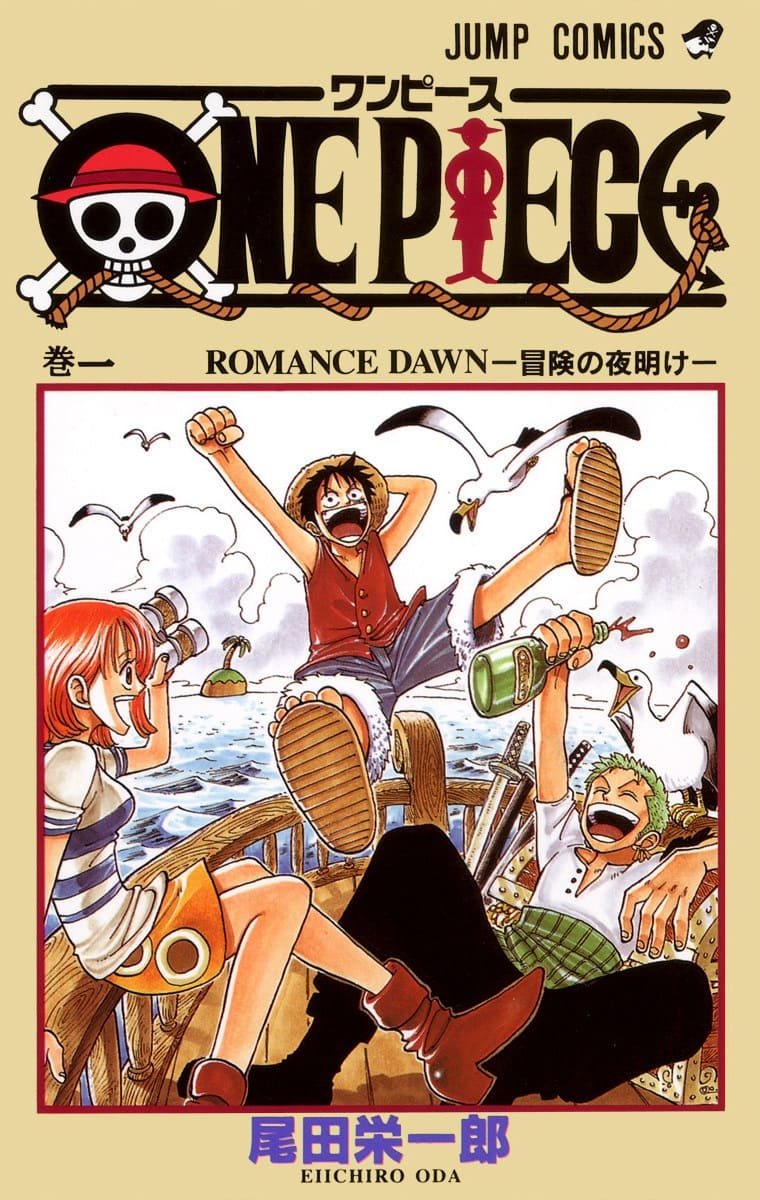 |  |  | 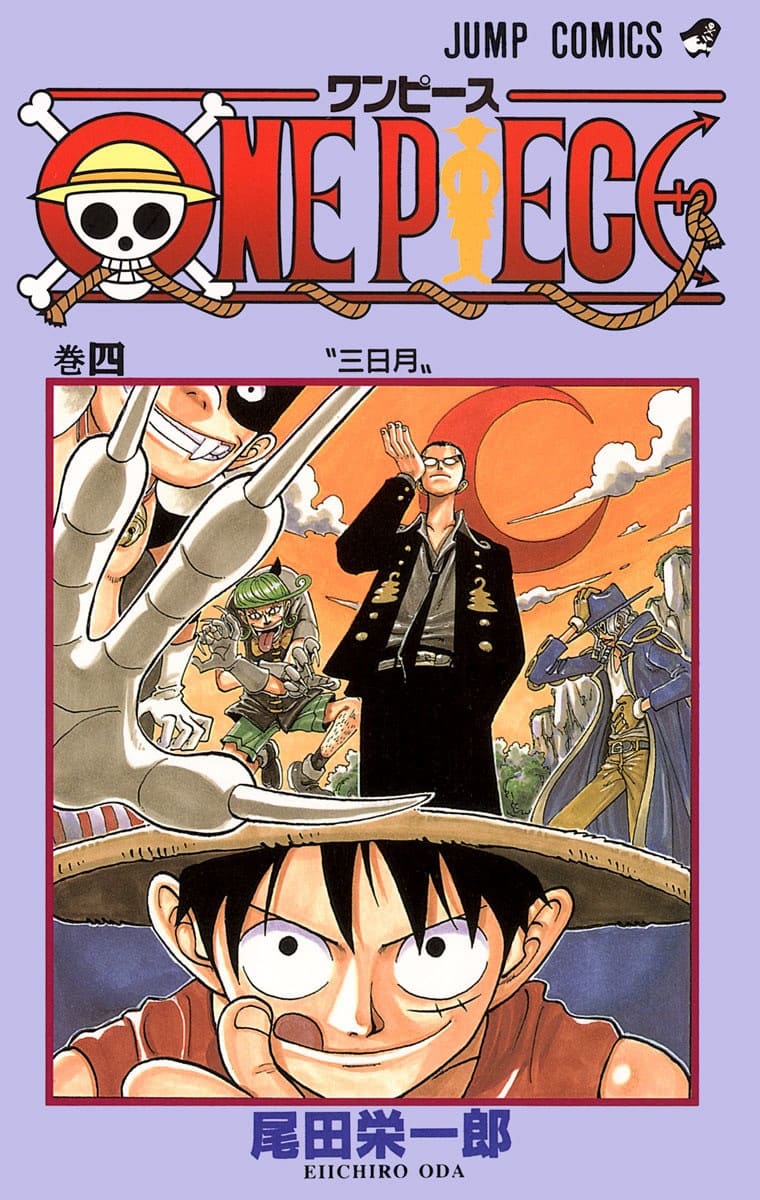 | 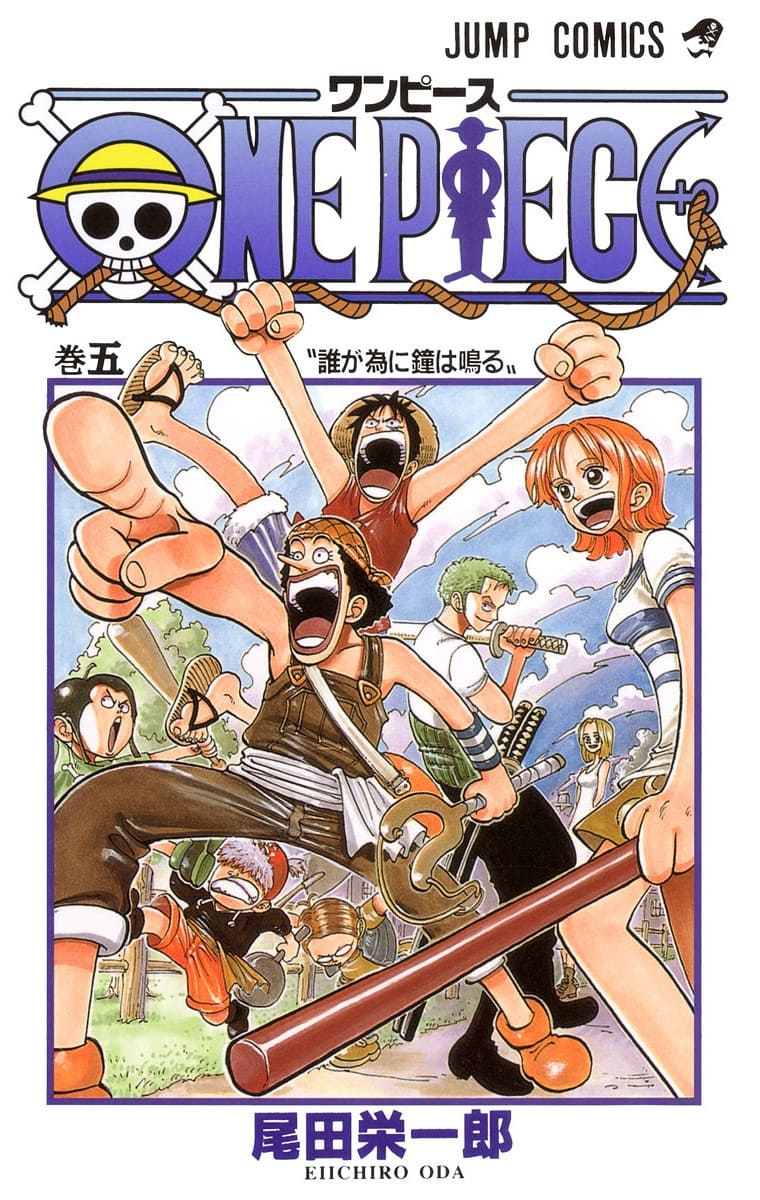 |
|---|---|---|---|---|
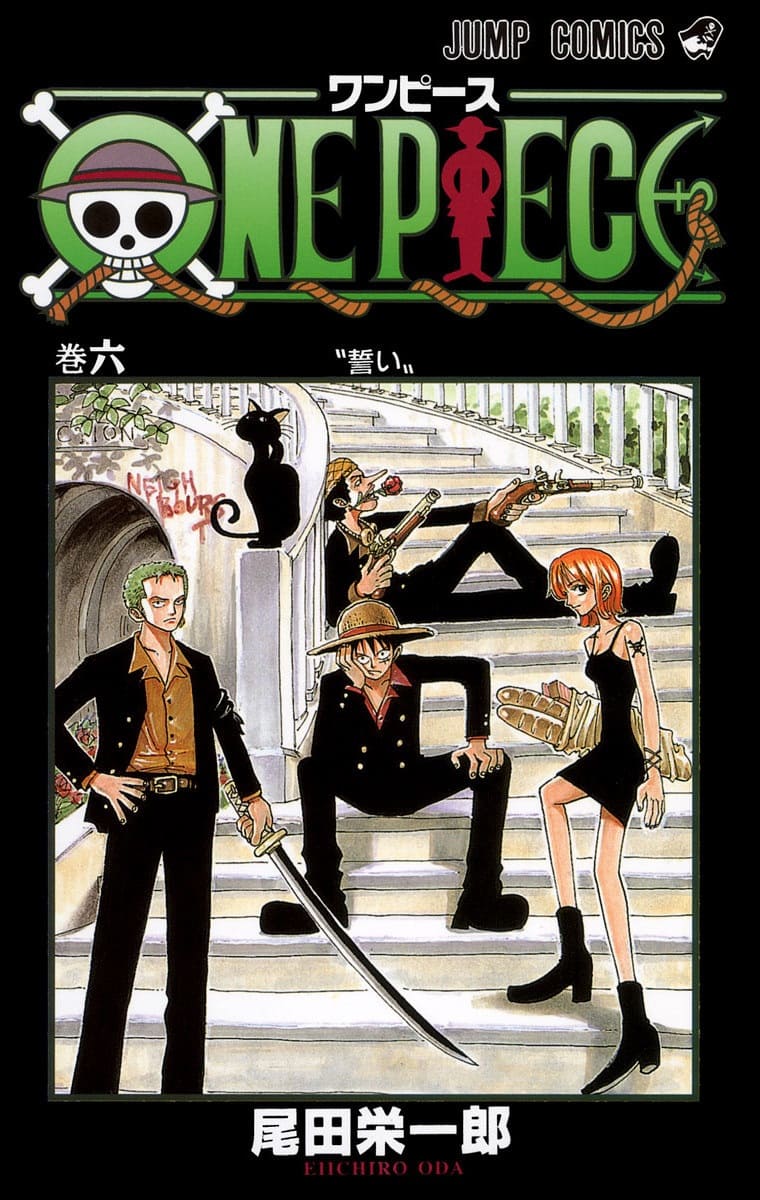 | 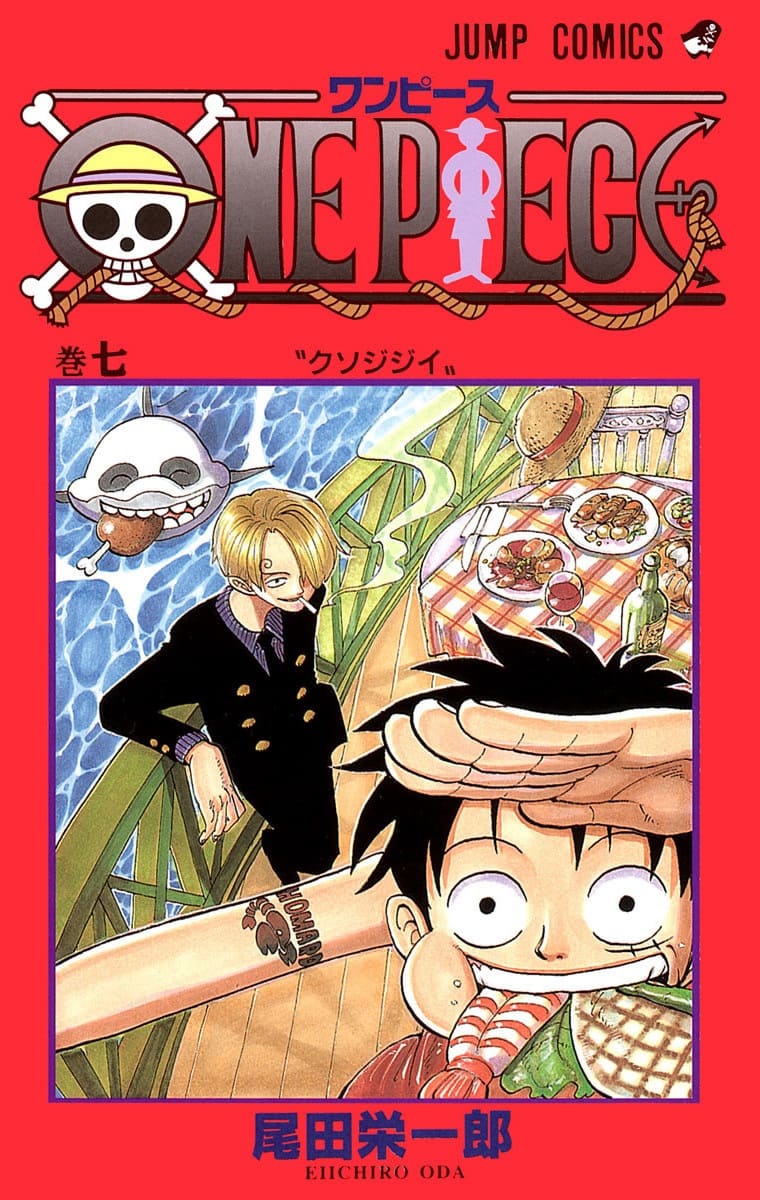 |  |  |  |
 |  |  | 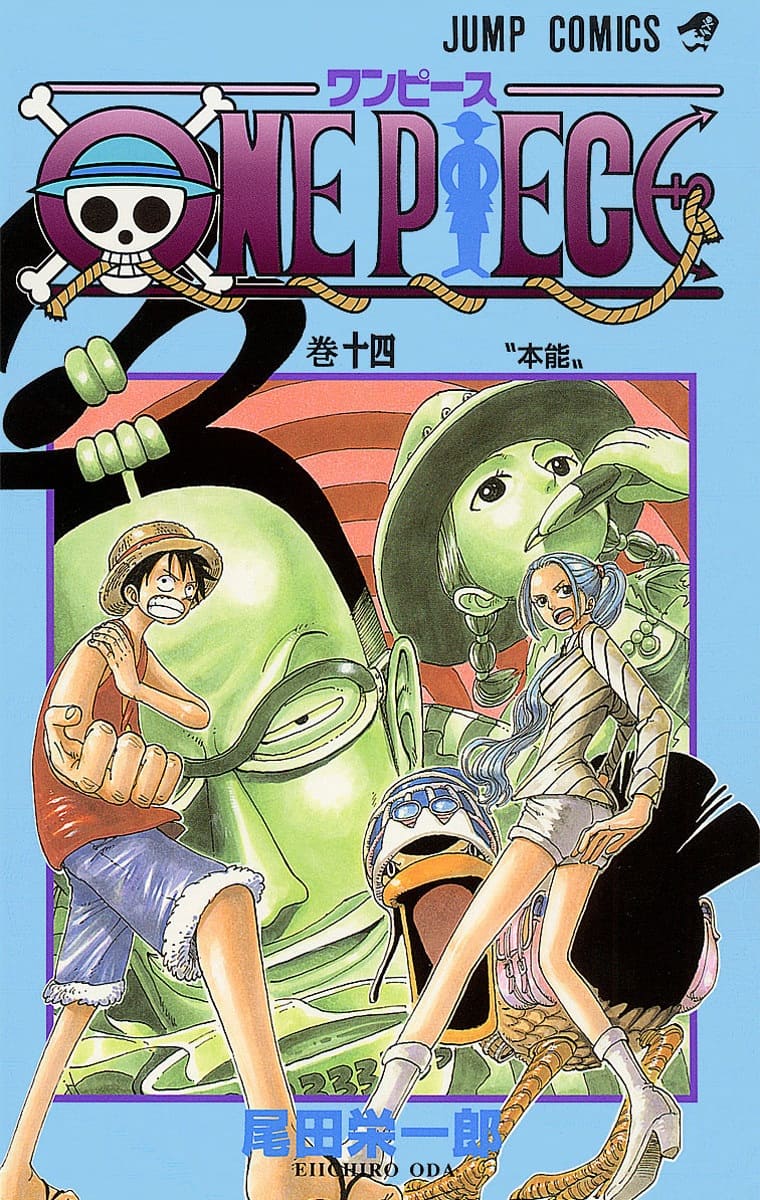 |  |
 |  |  |  |  |
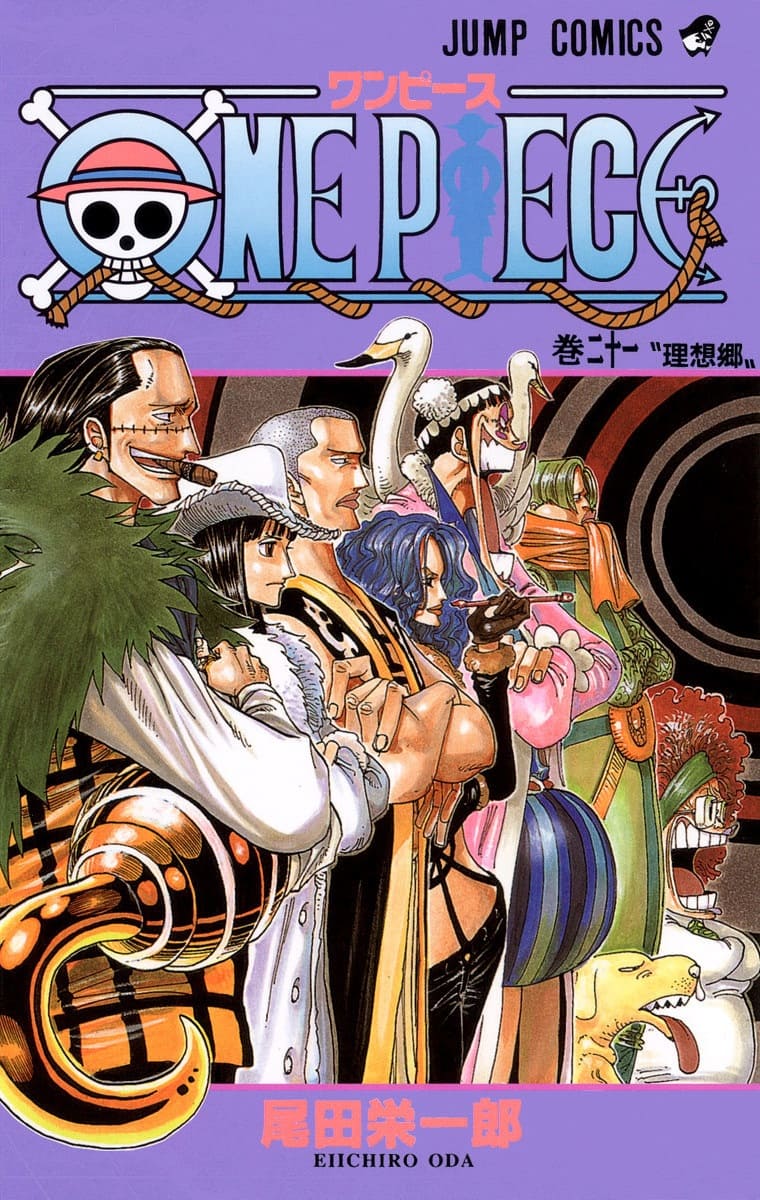 | 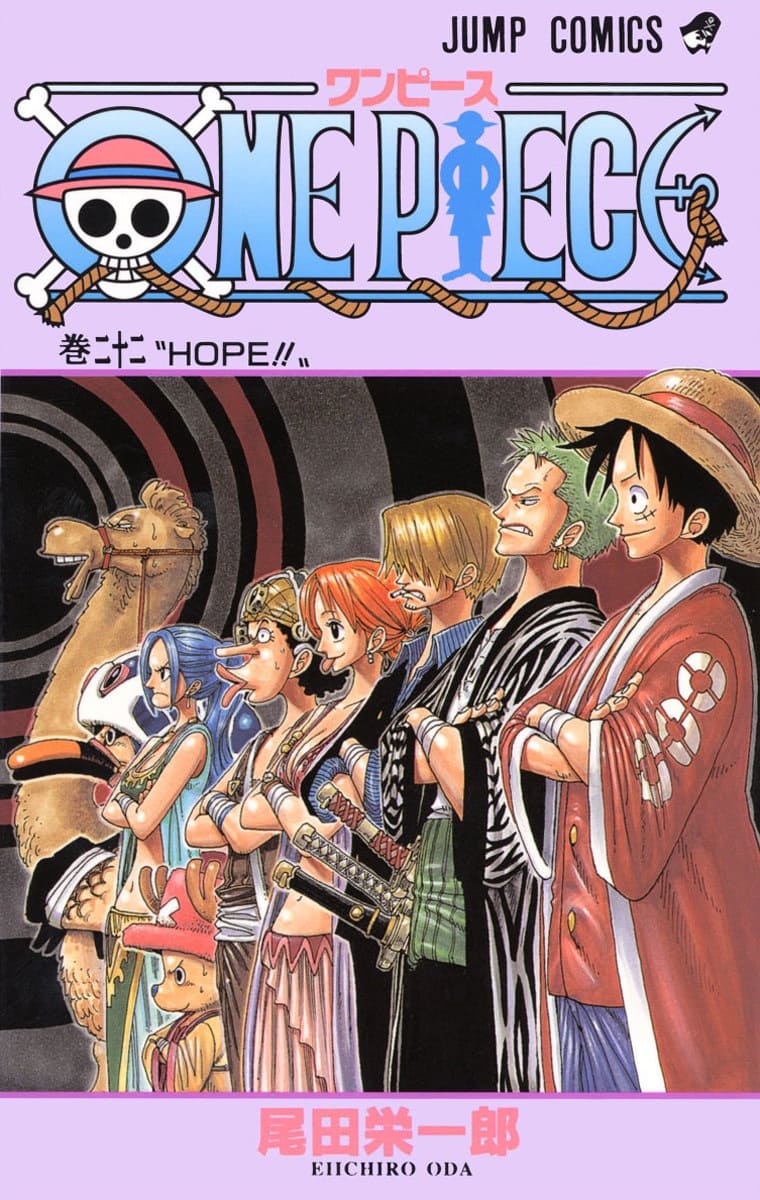 |  | 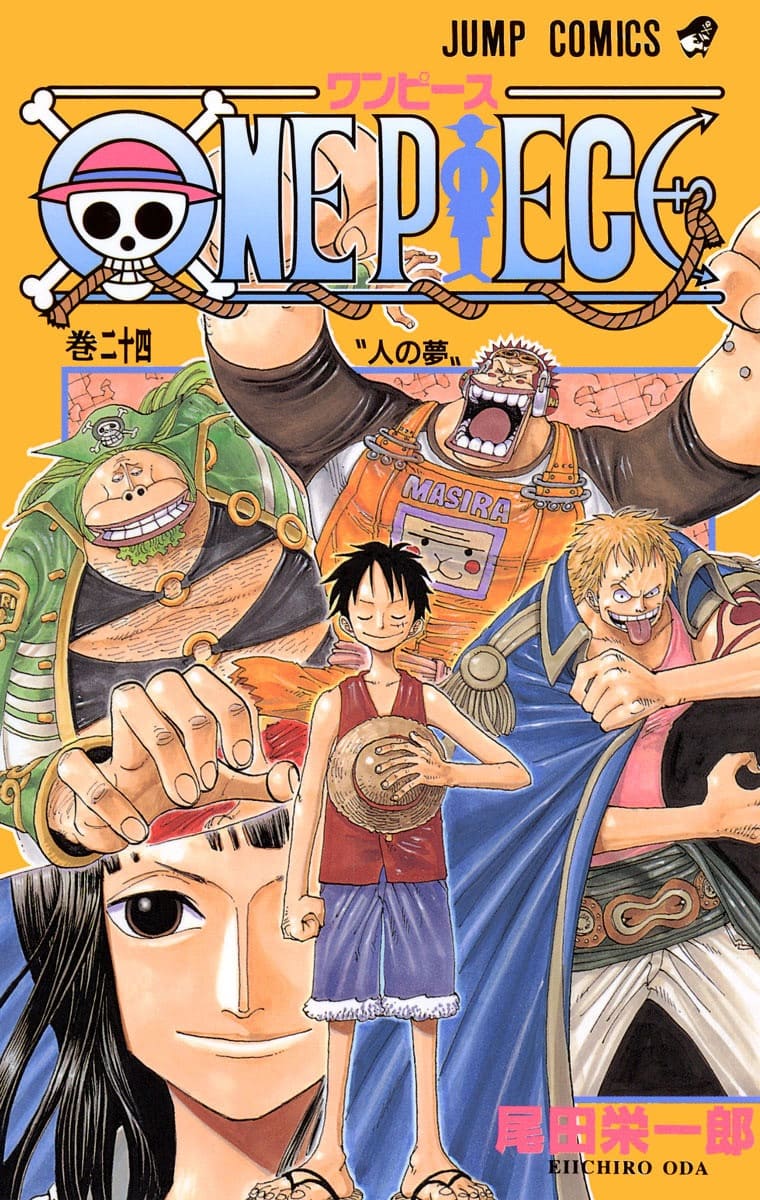 | 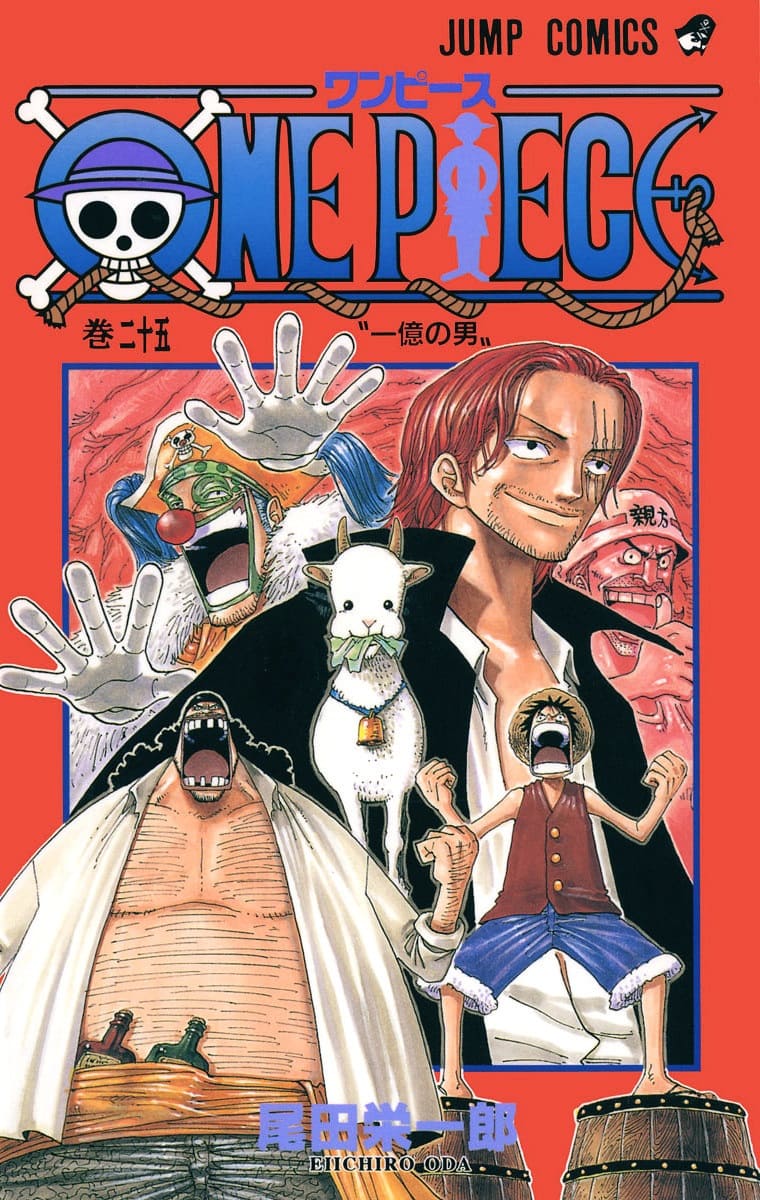 |
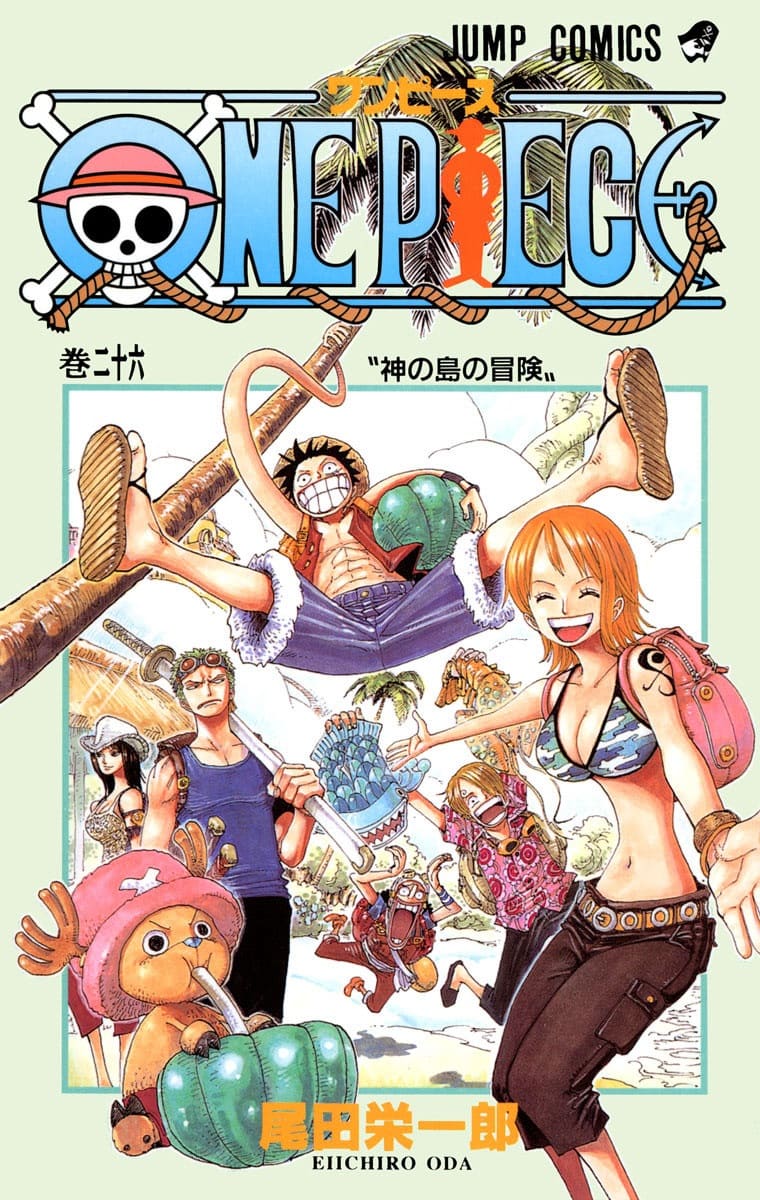 | 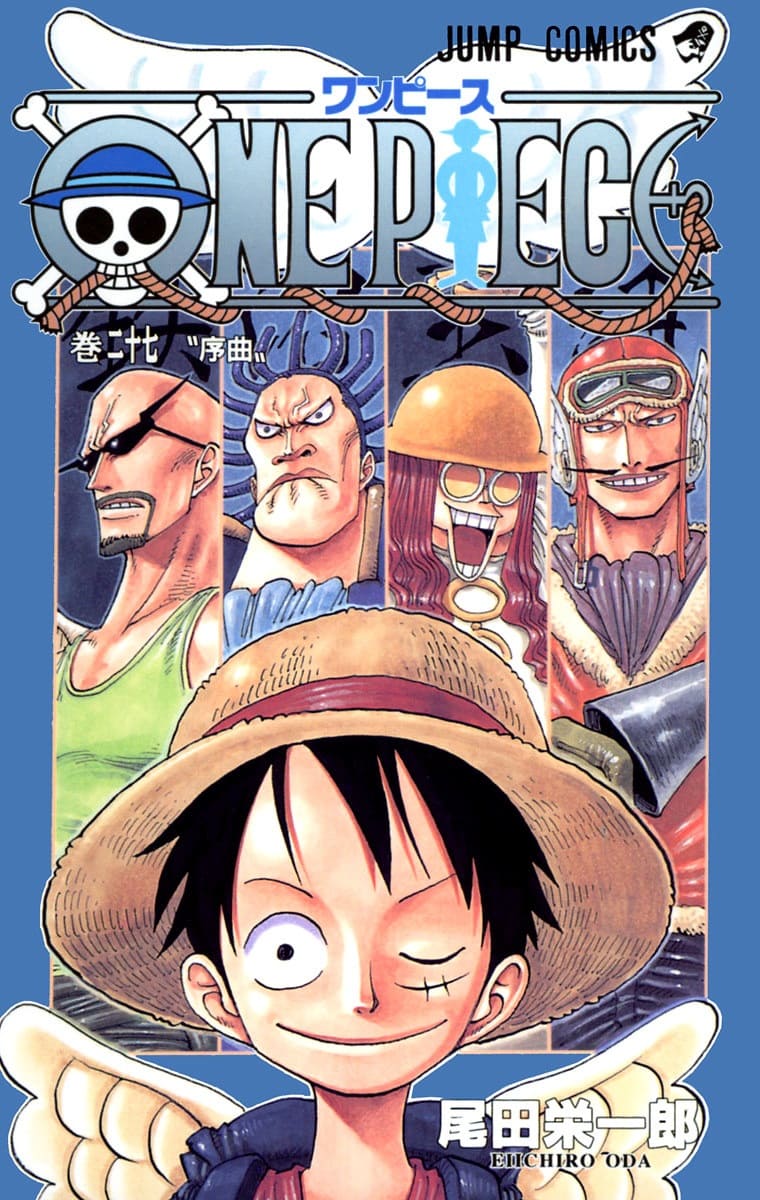 | 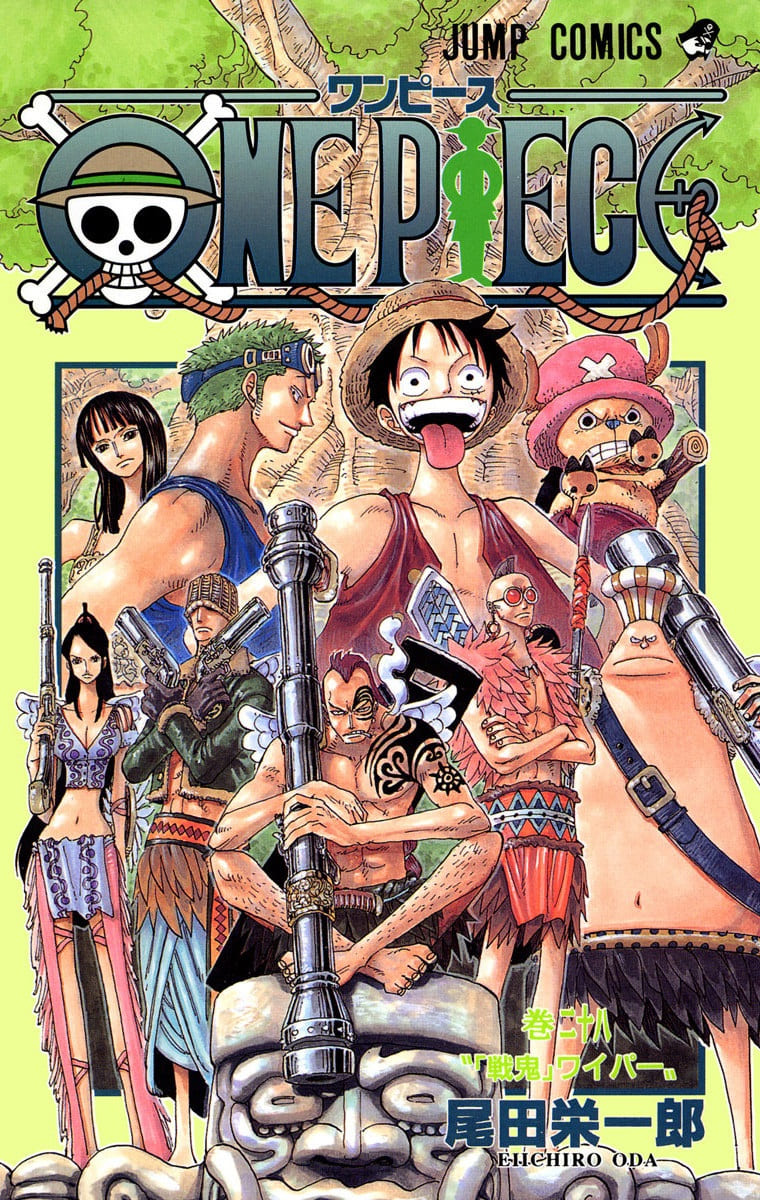 | 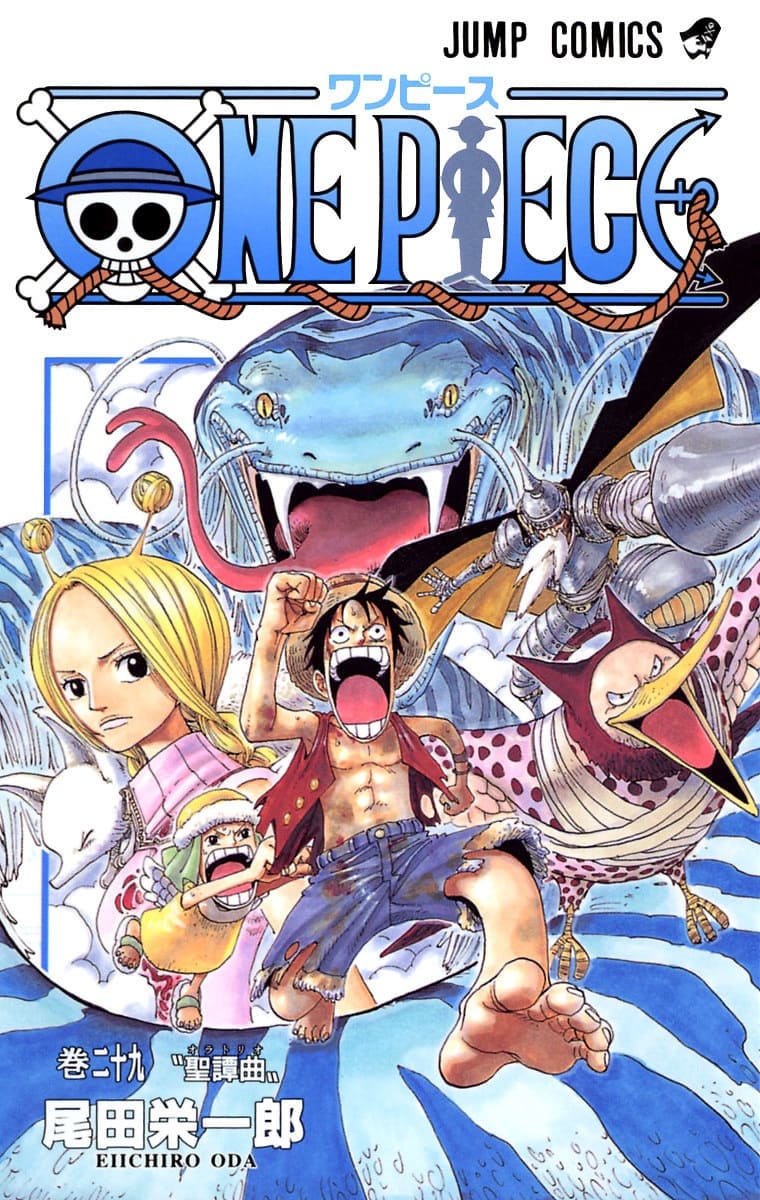 |  |
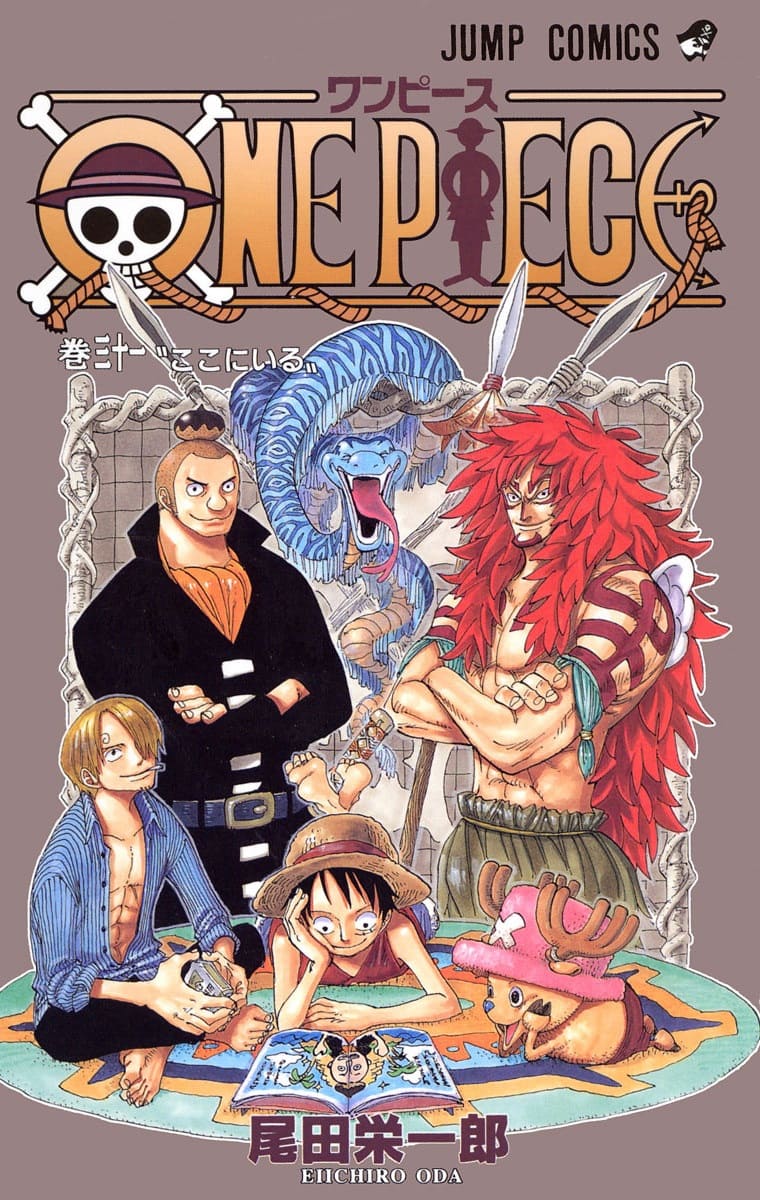 | 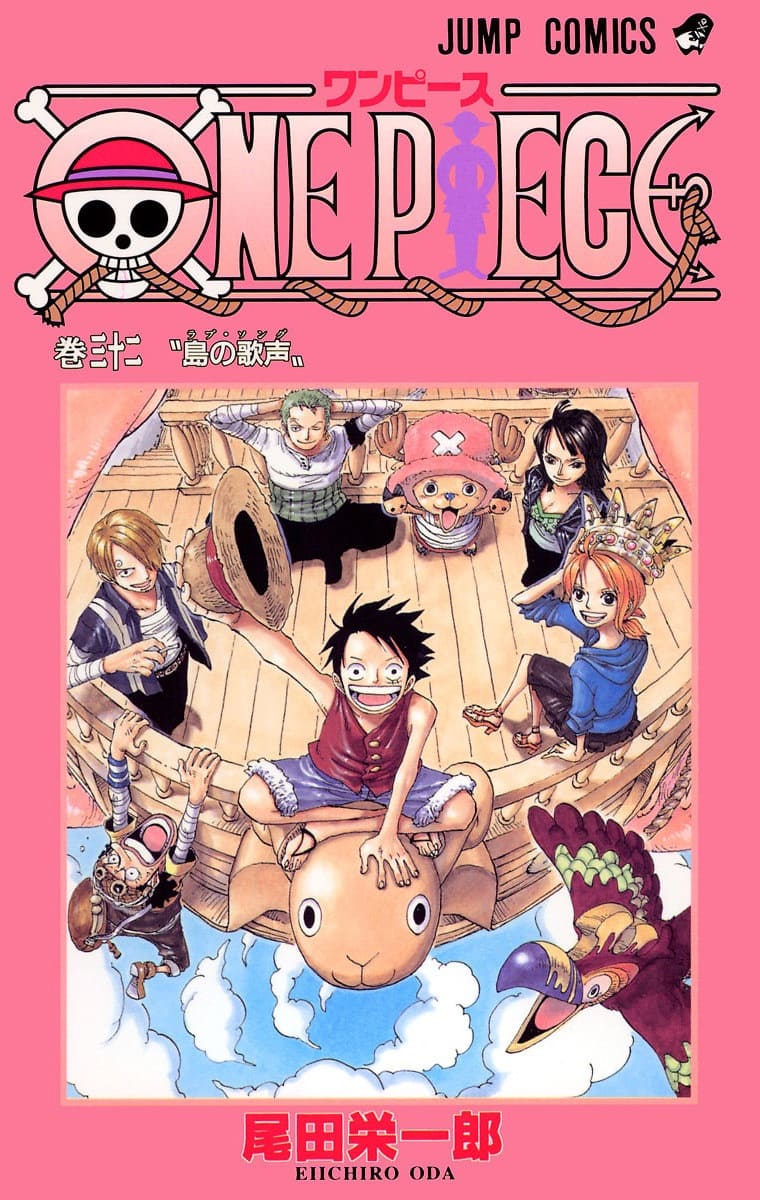 | 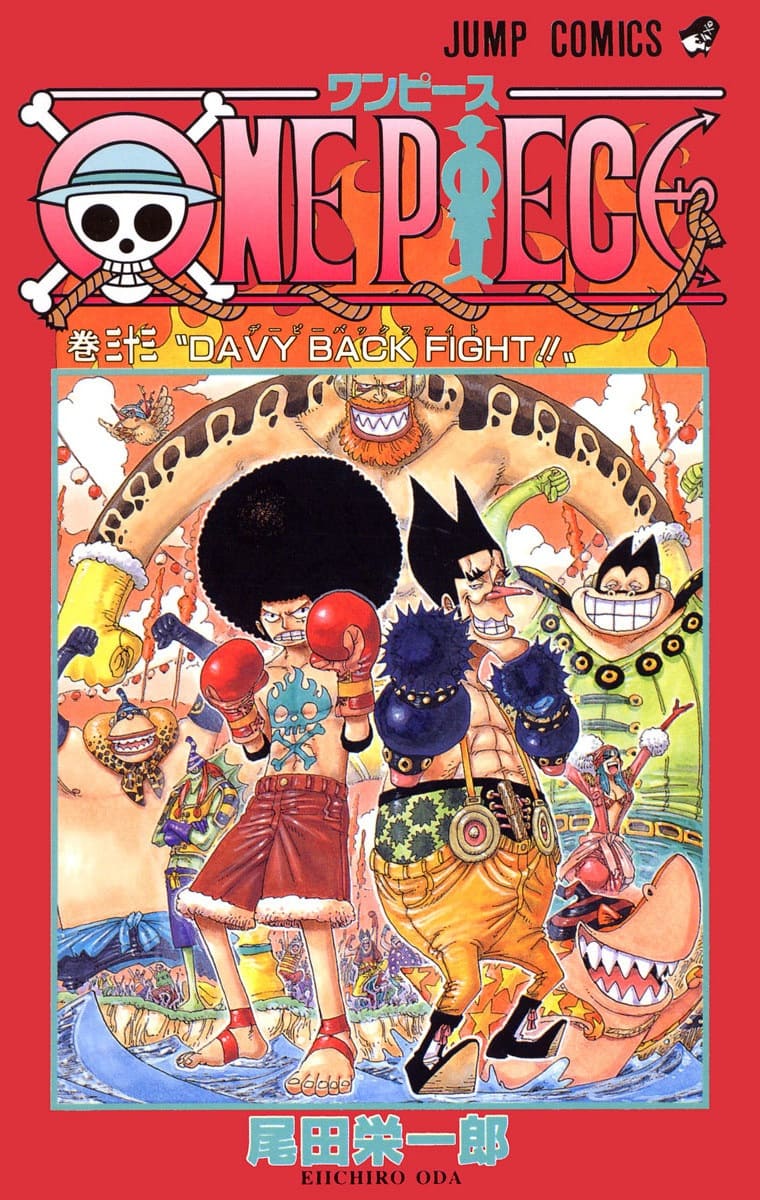 | 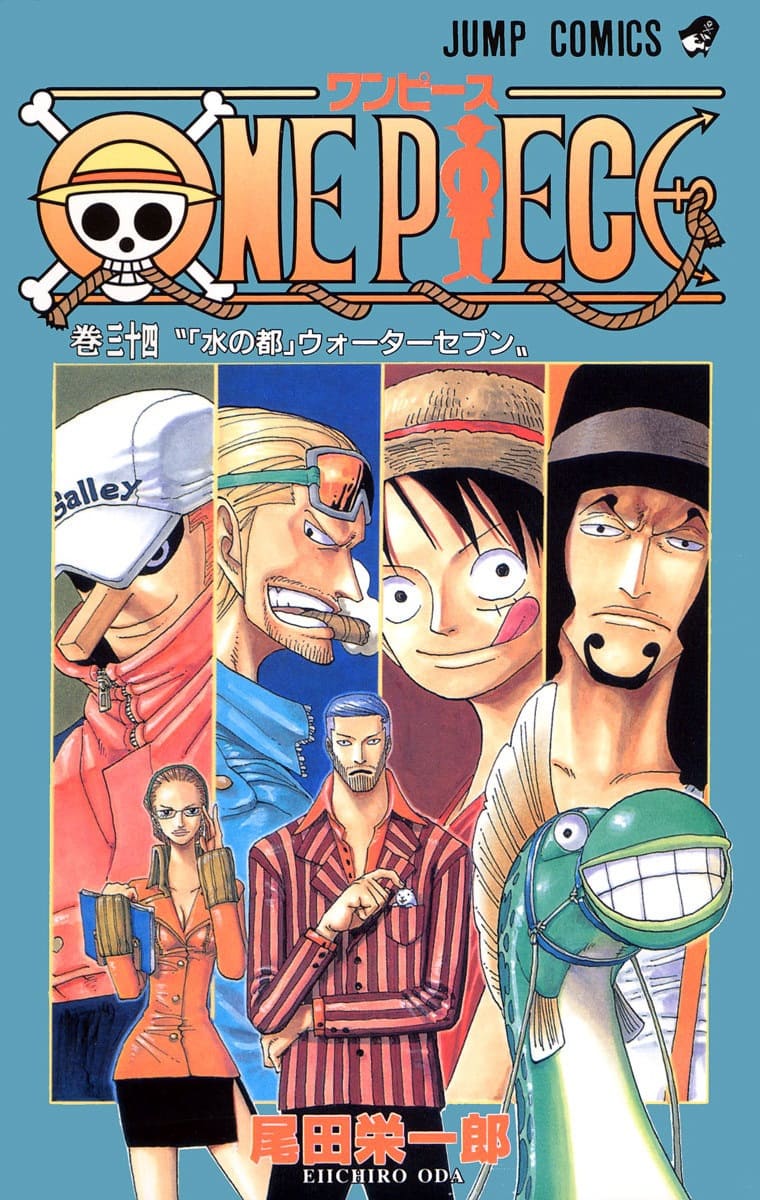 | 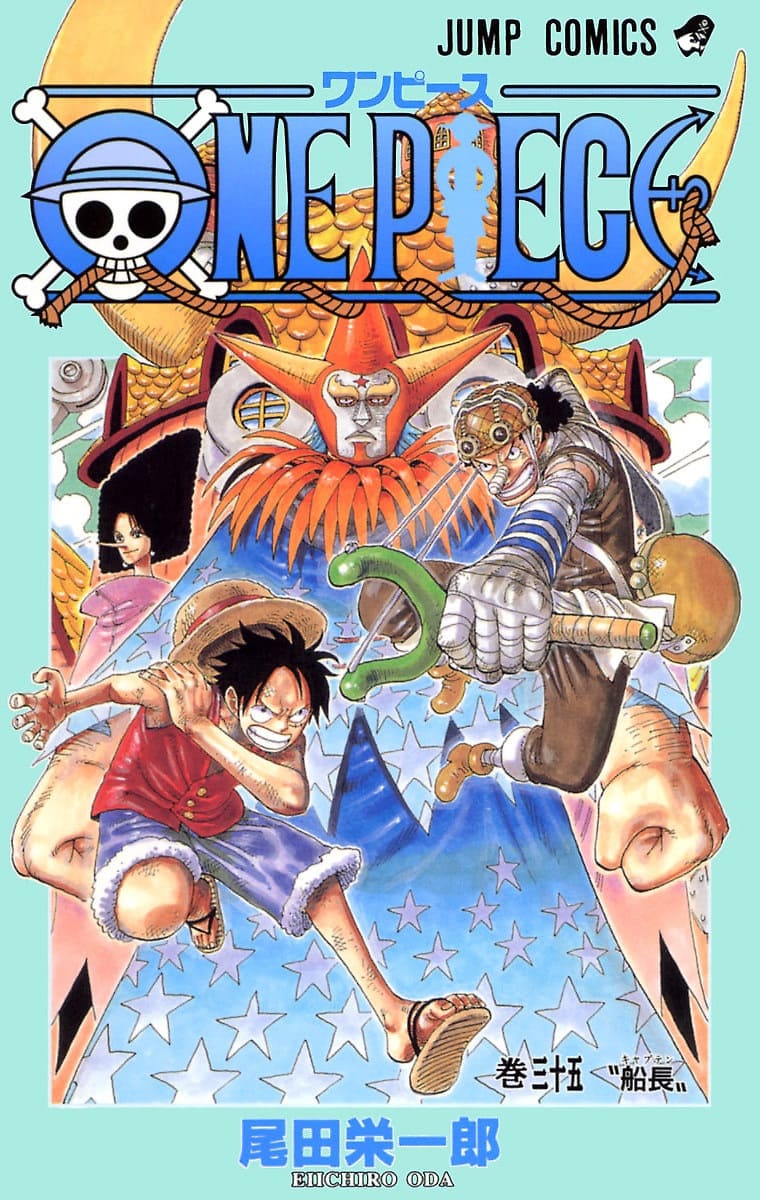 |
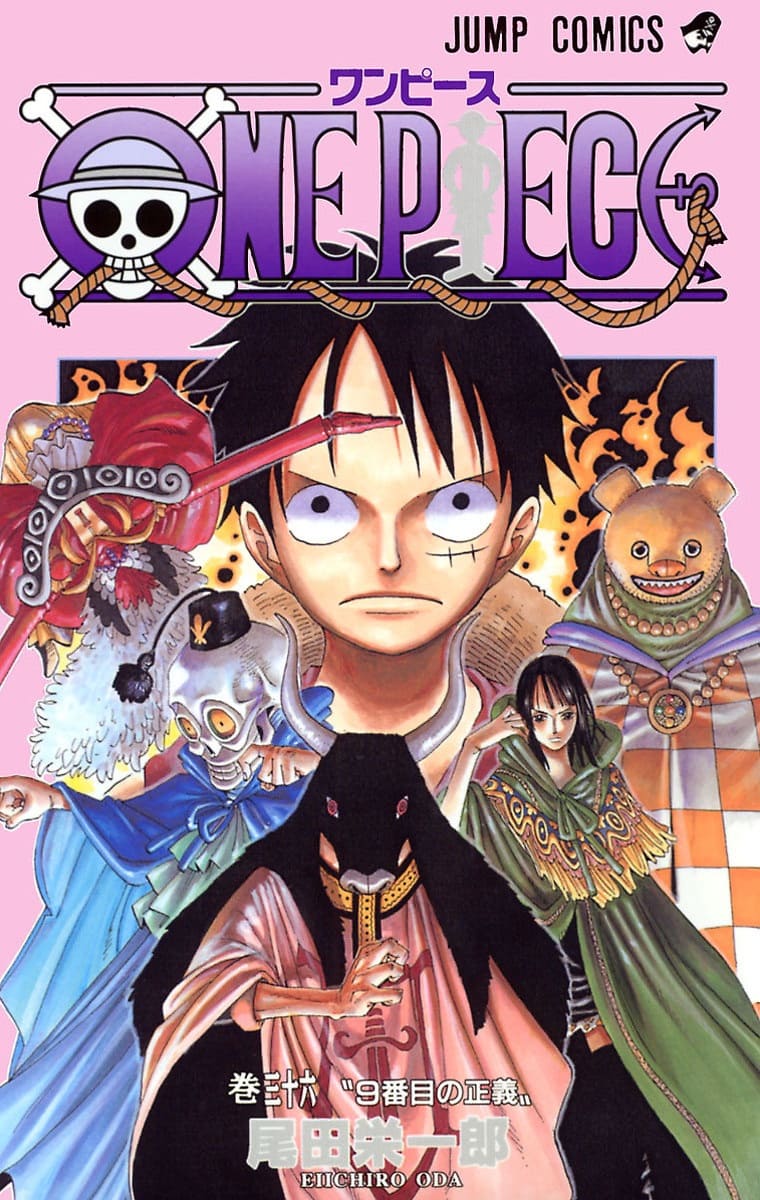 | 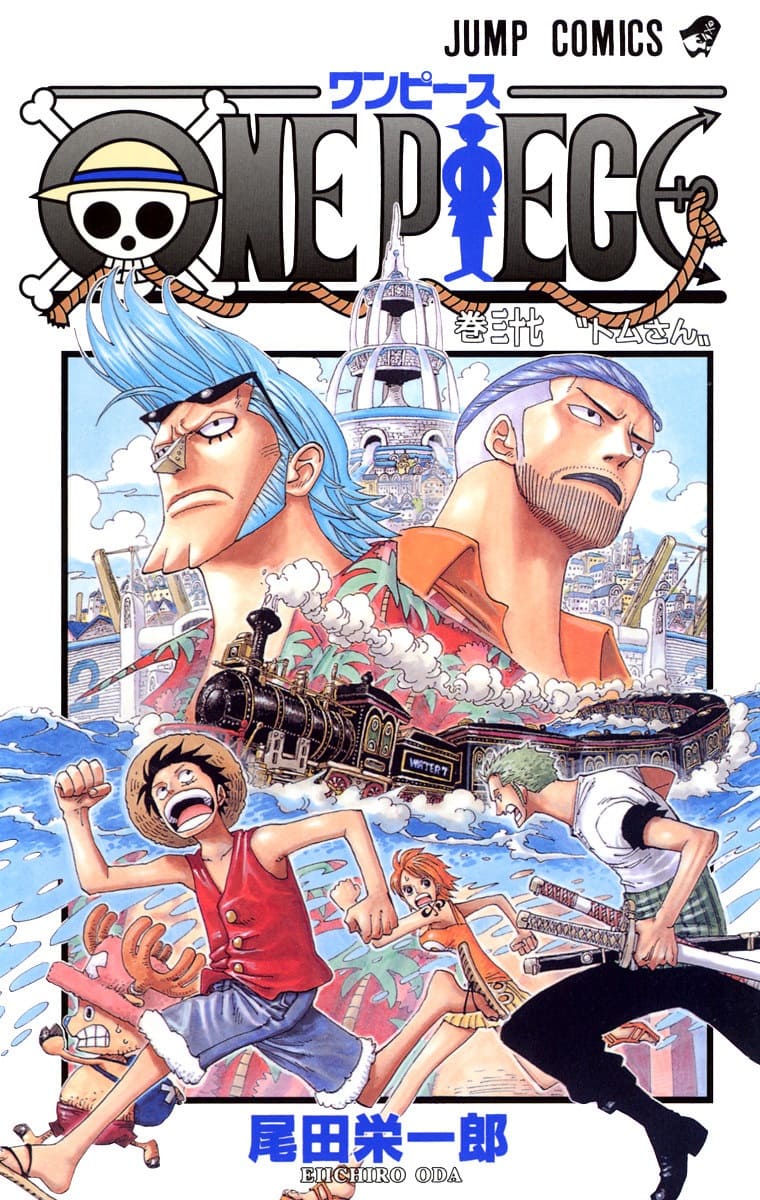 |  |  | 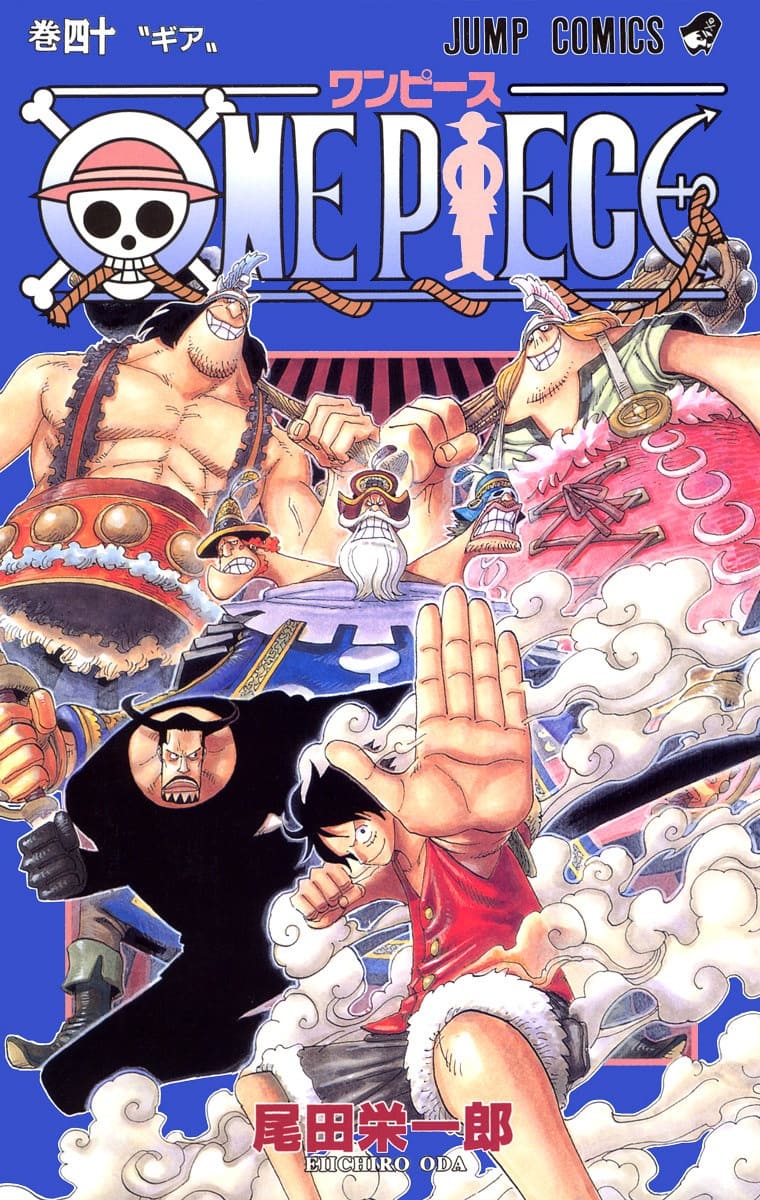 |
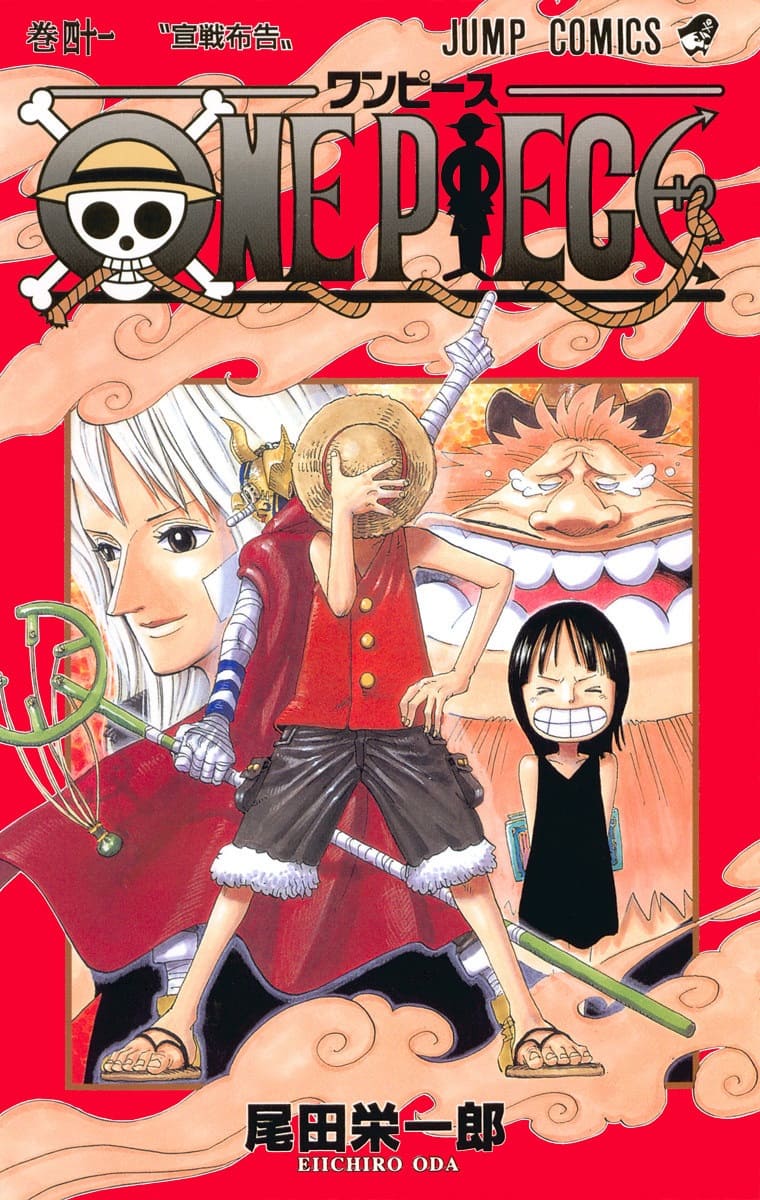 | 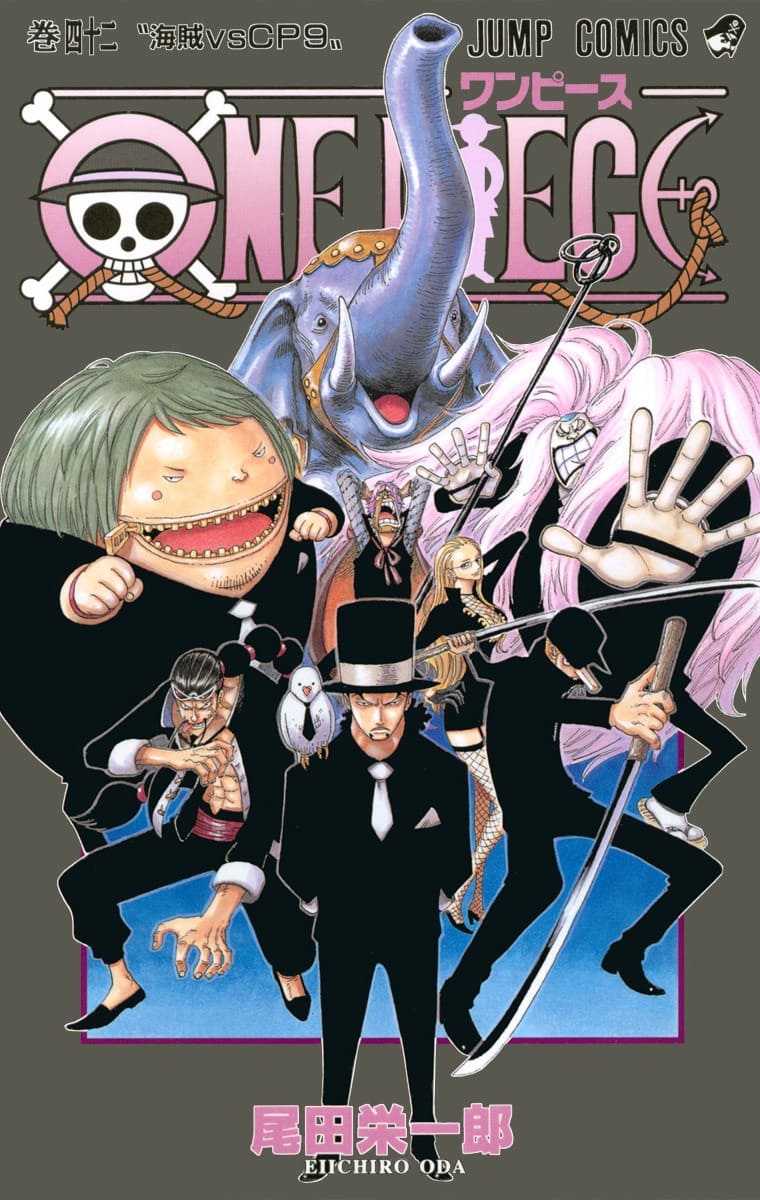 | 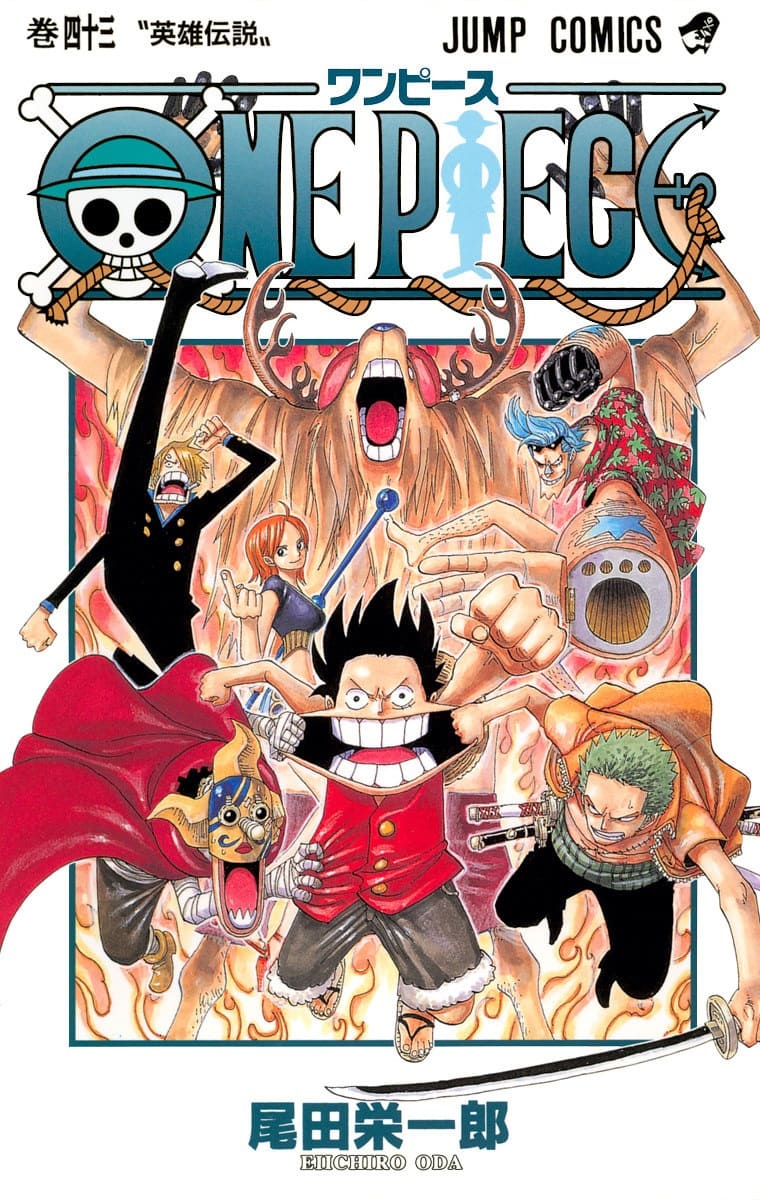 |  | 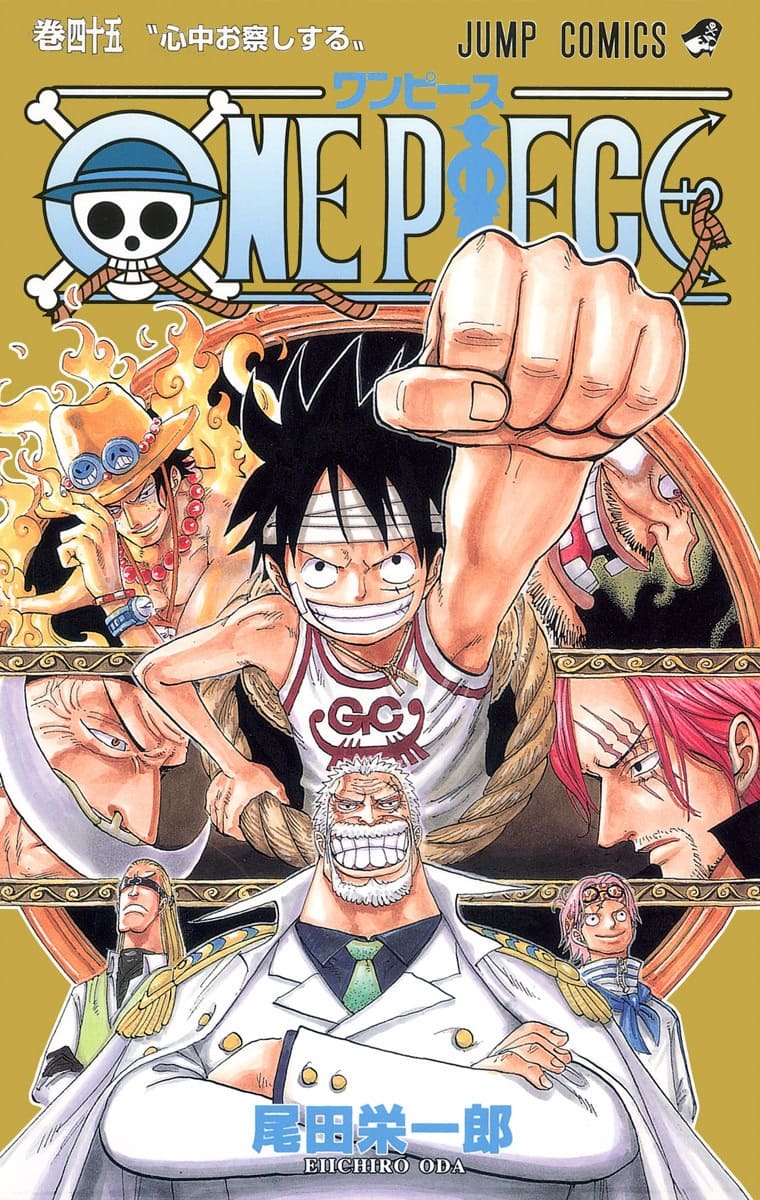 |
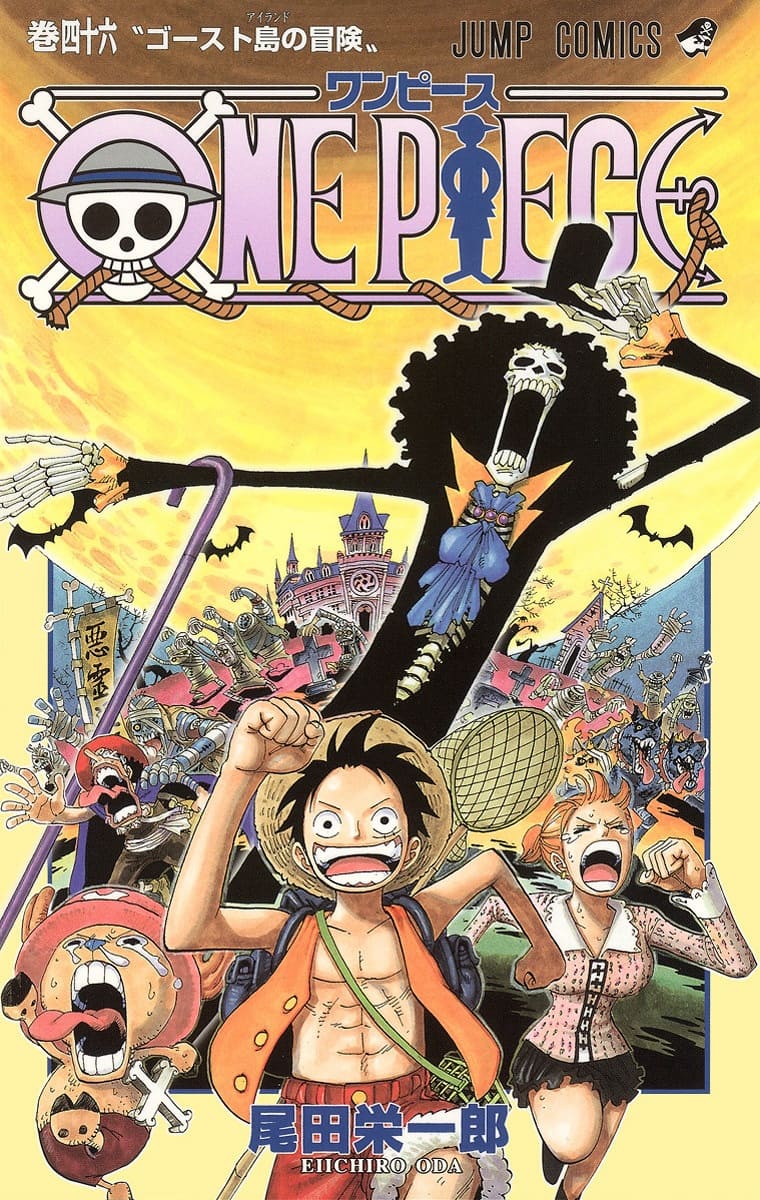 | 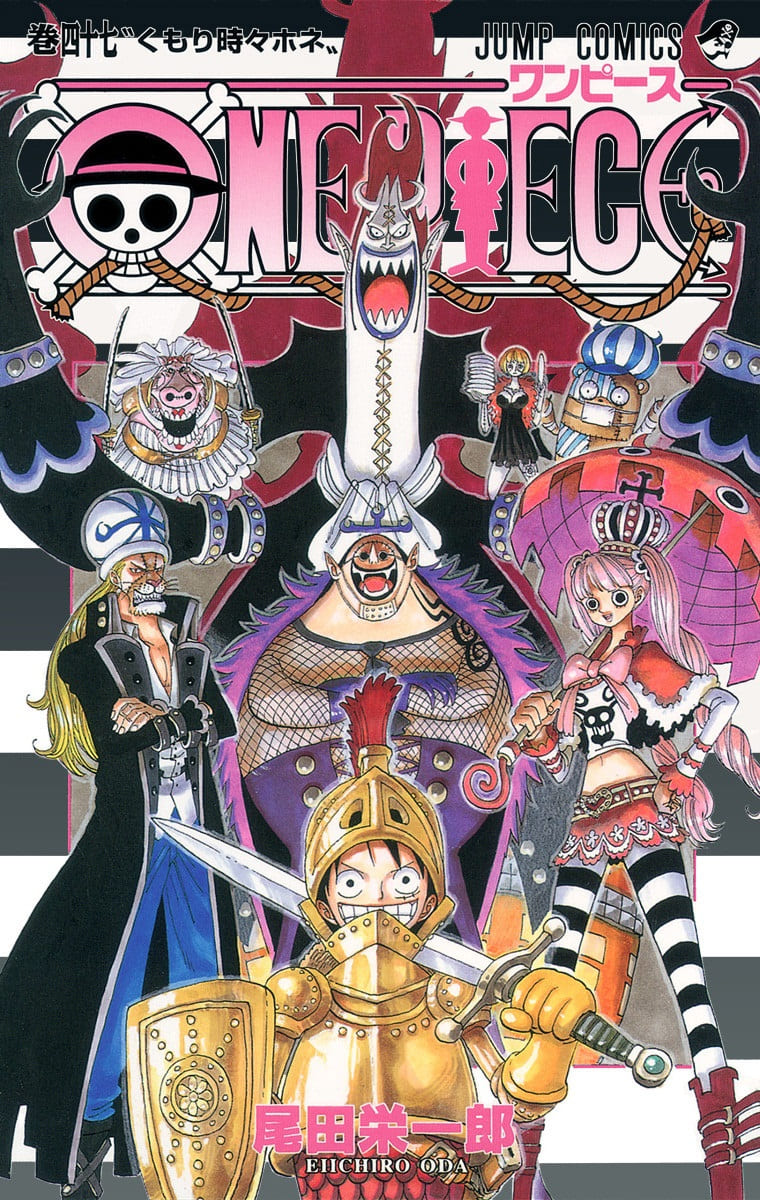 |  | 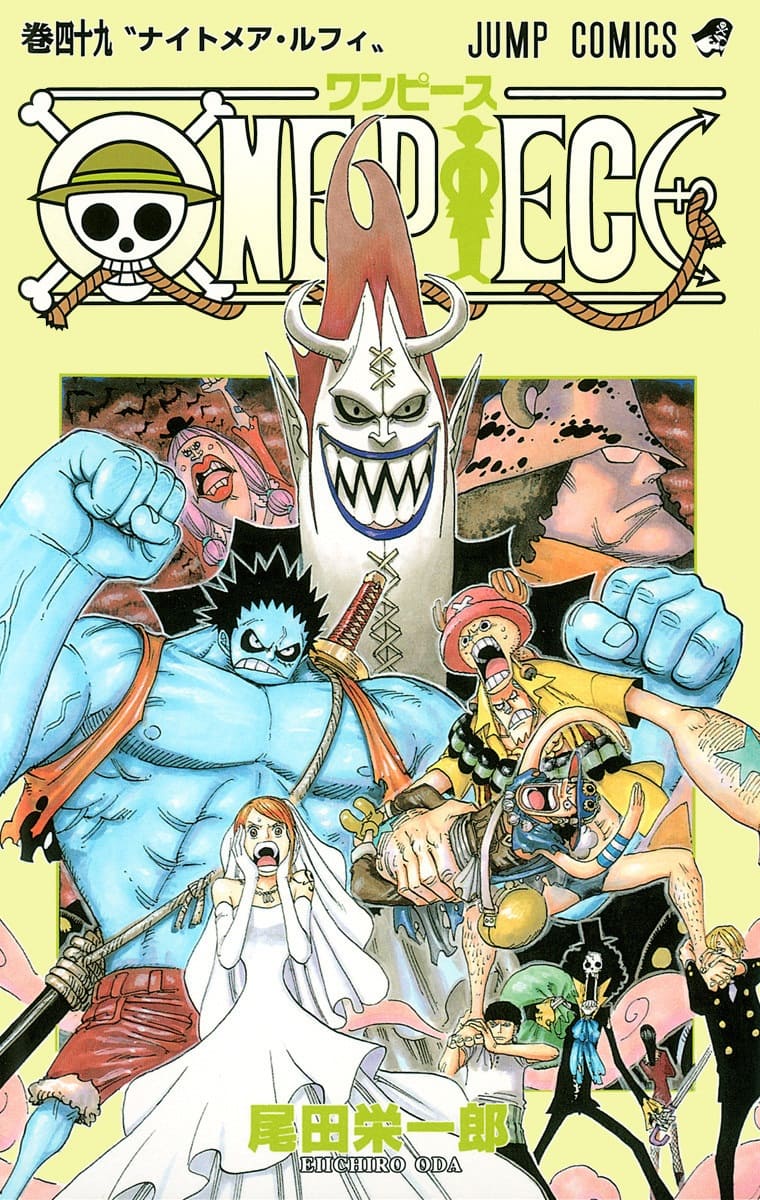 | 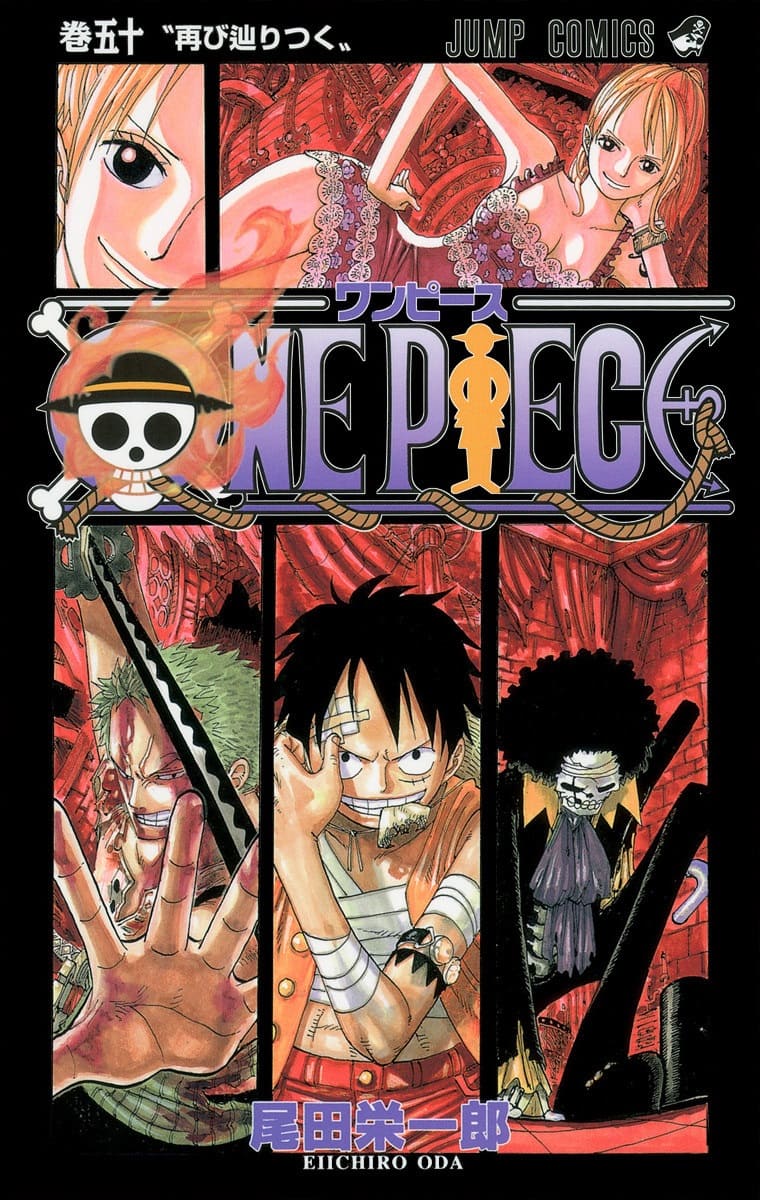 |
 |  | 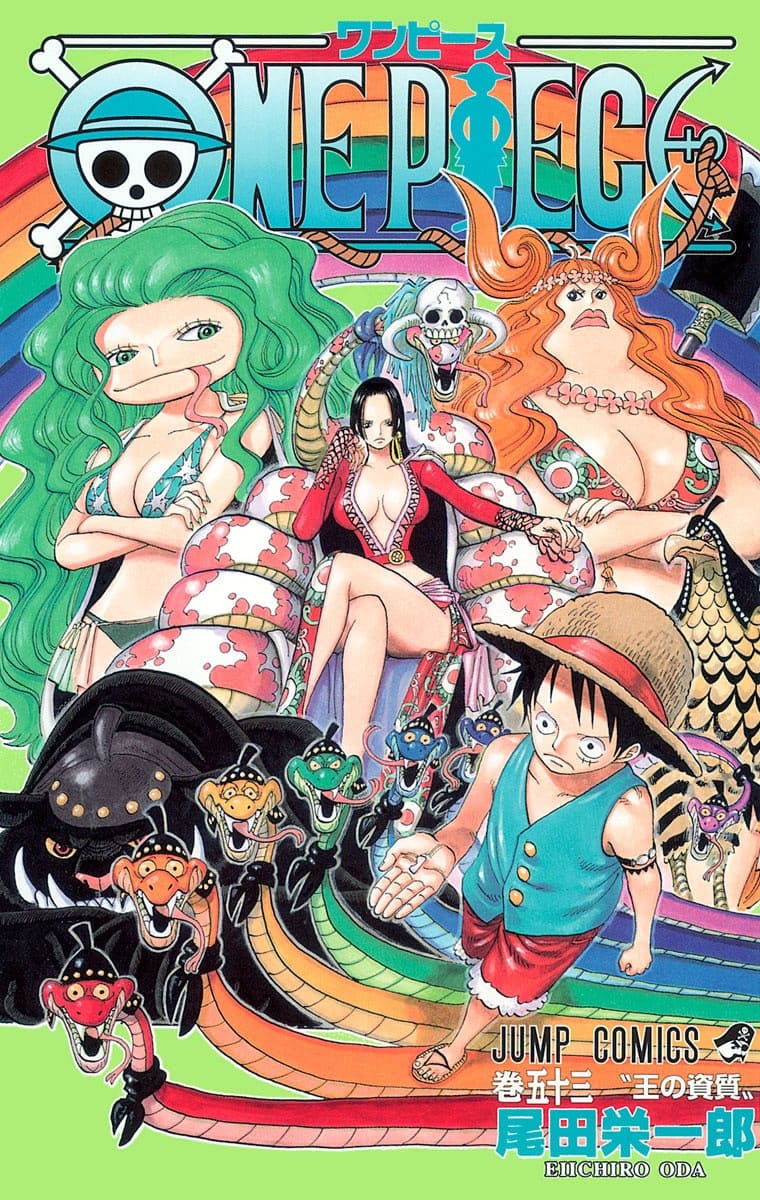 | 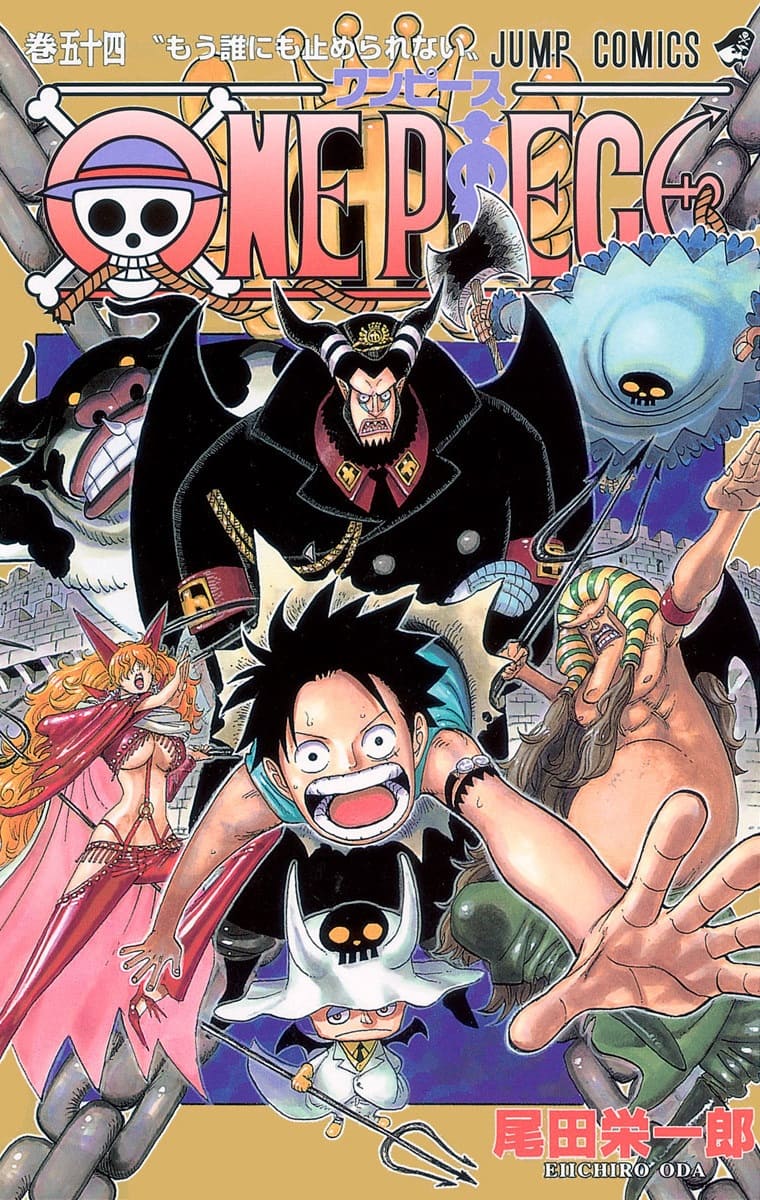 | 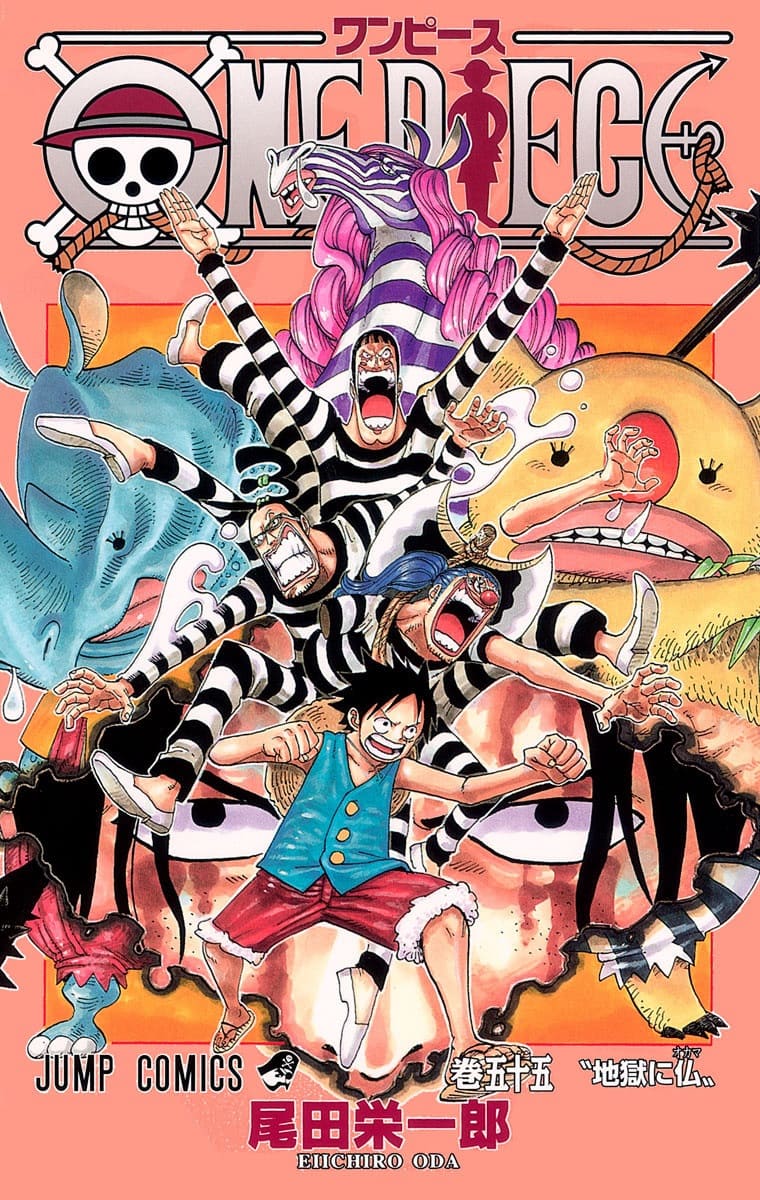 |
 |  |  |  |  |
 | 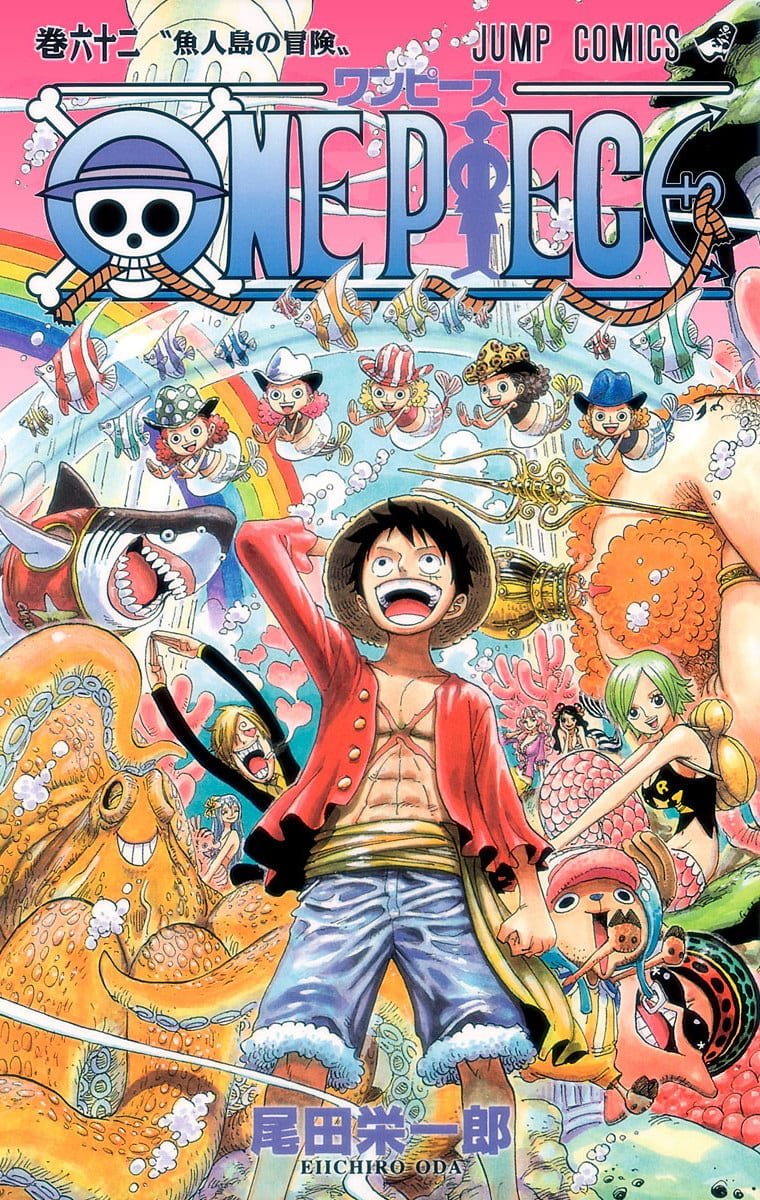 | 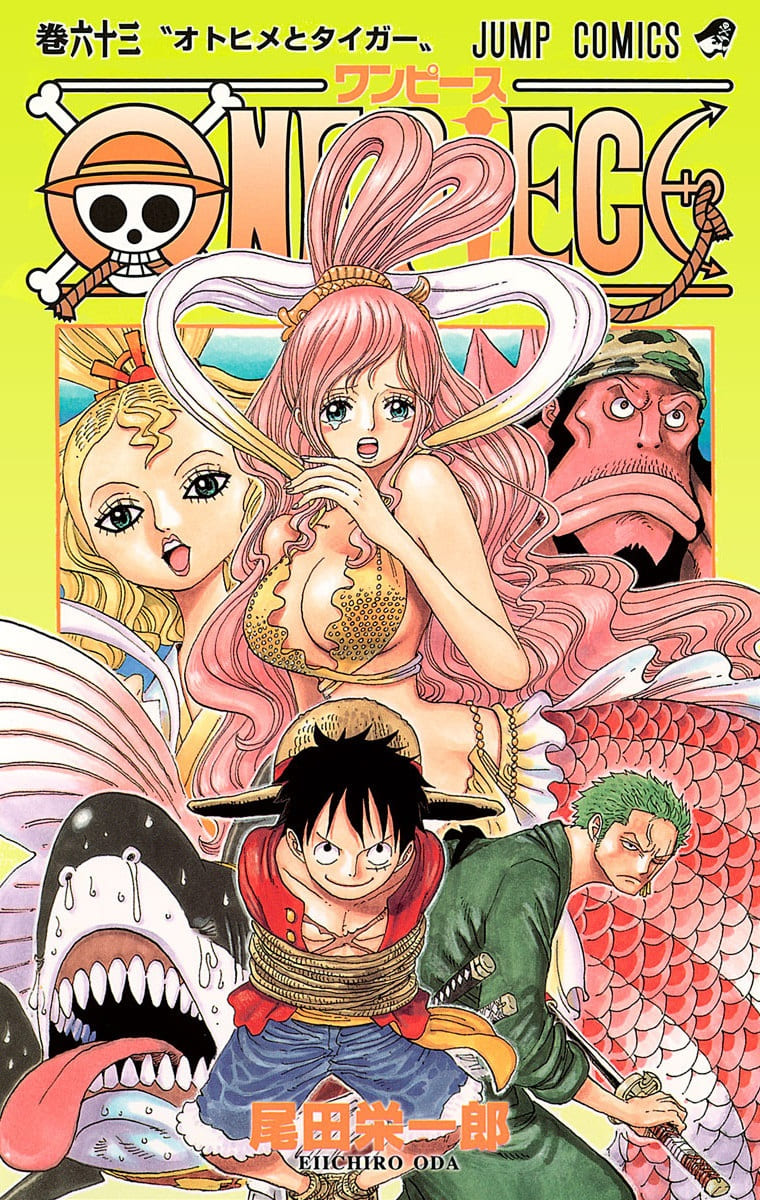 | 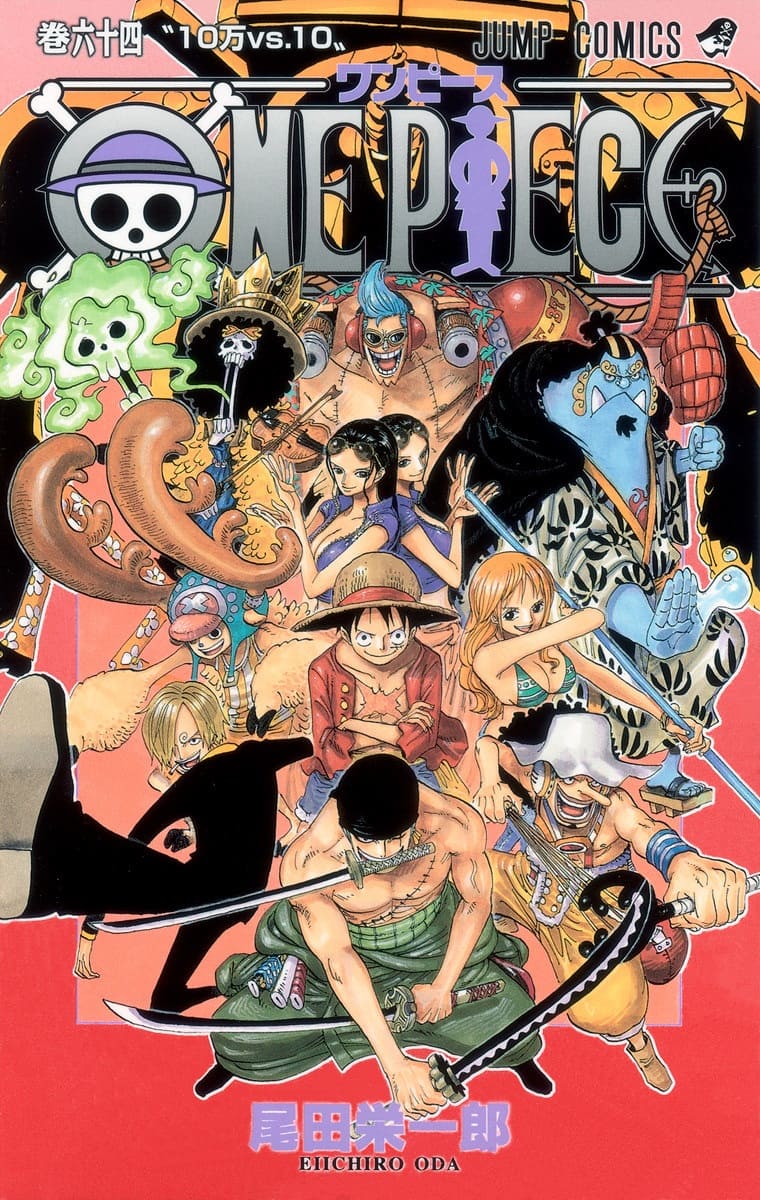 | 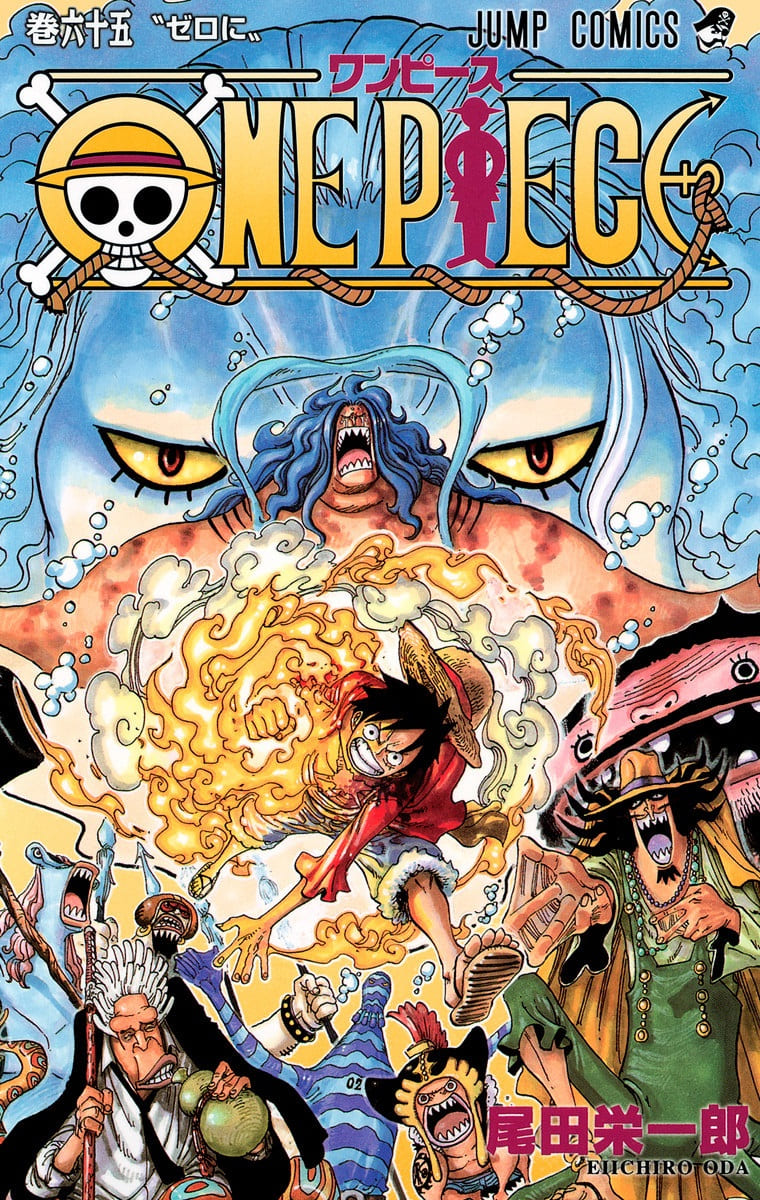 |
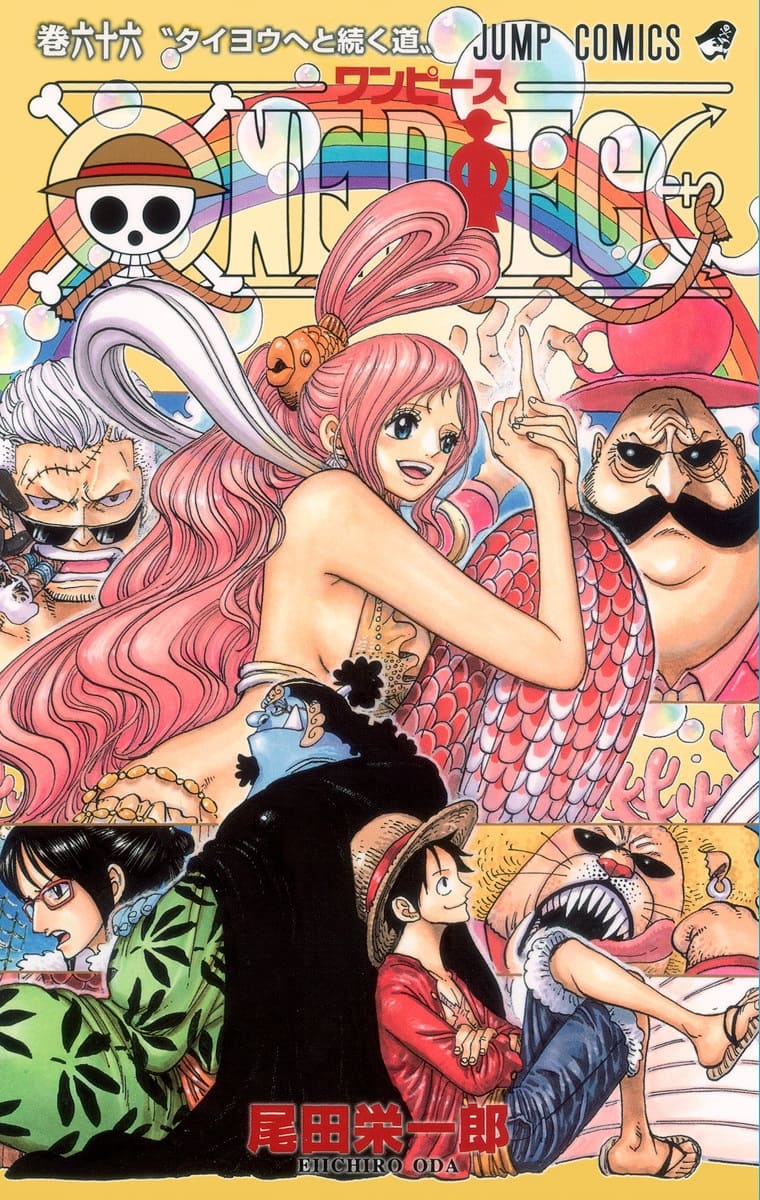 | 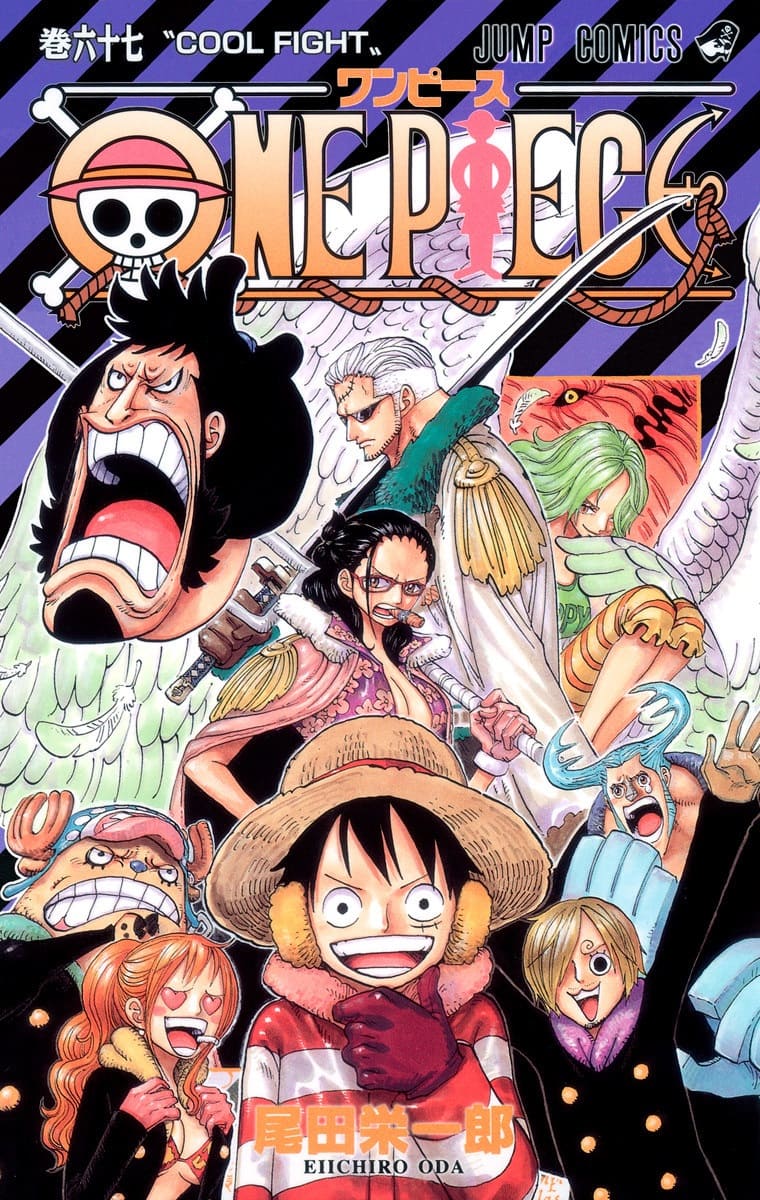 | 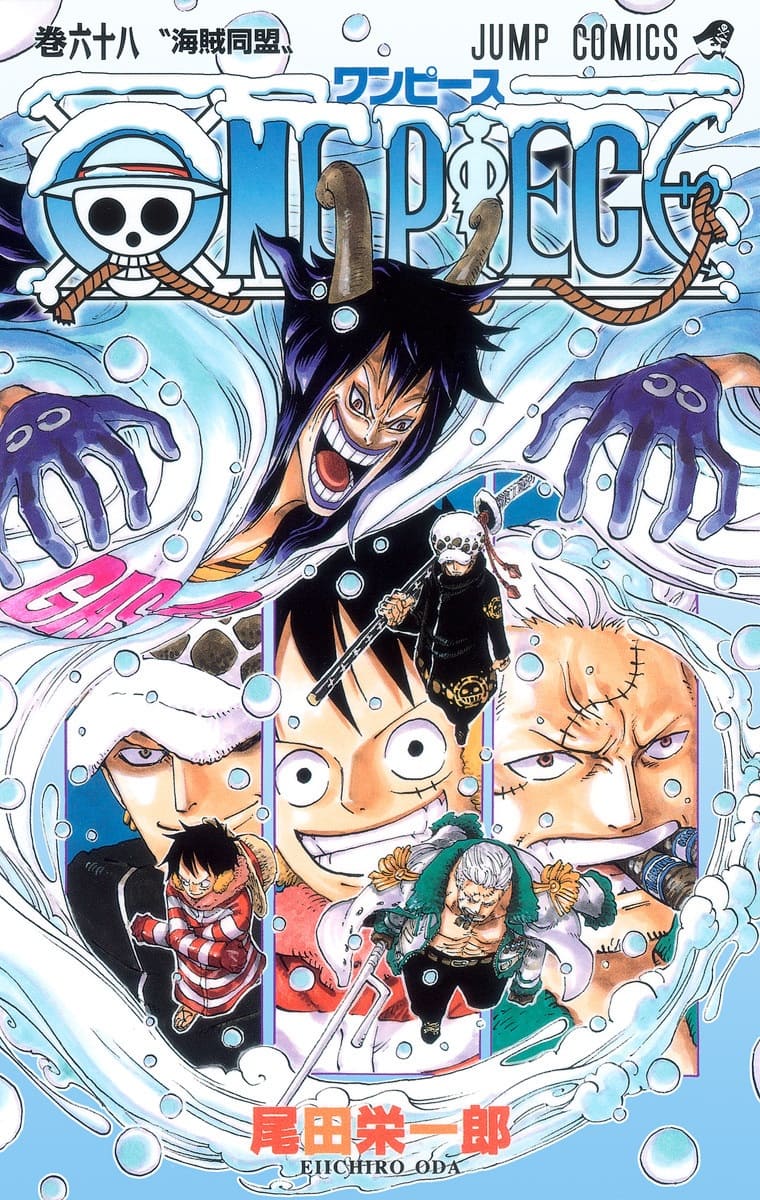 | 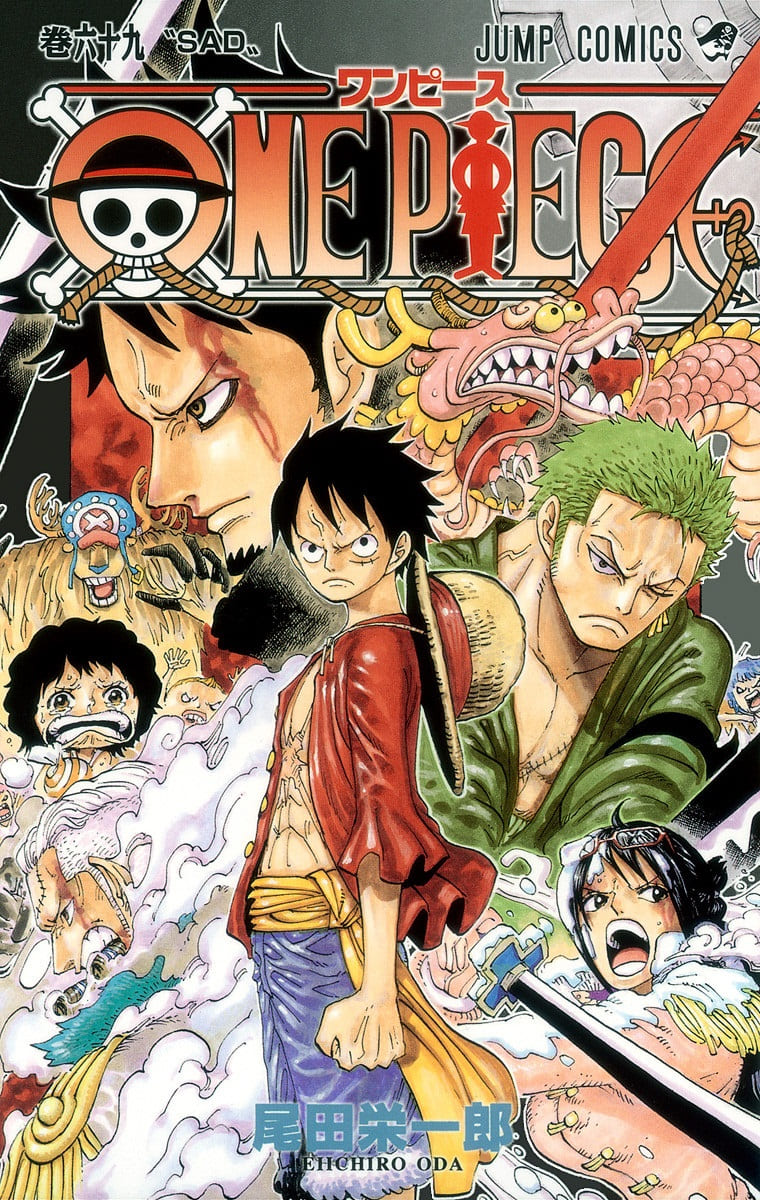 |  |
 | 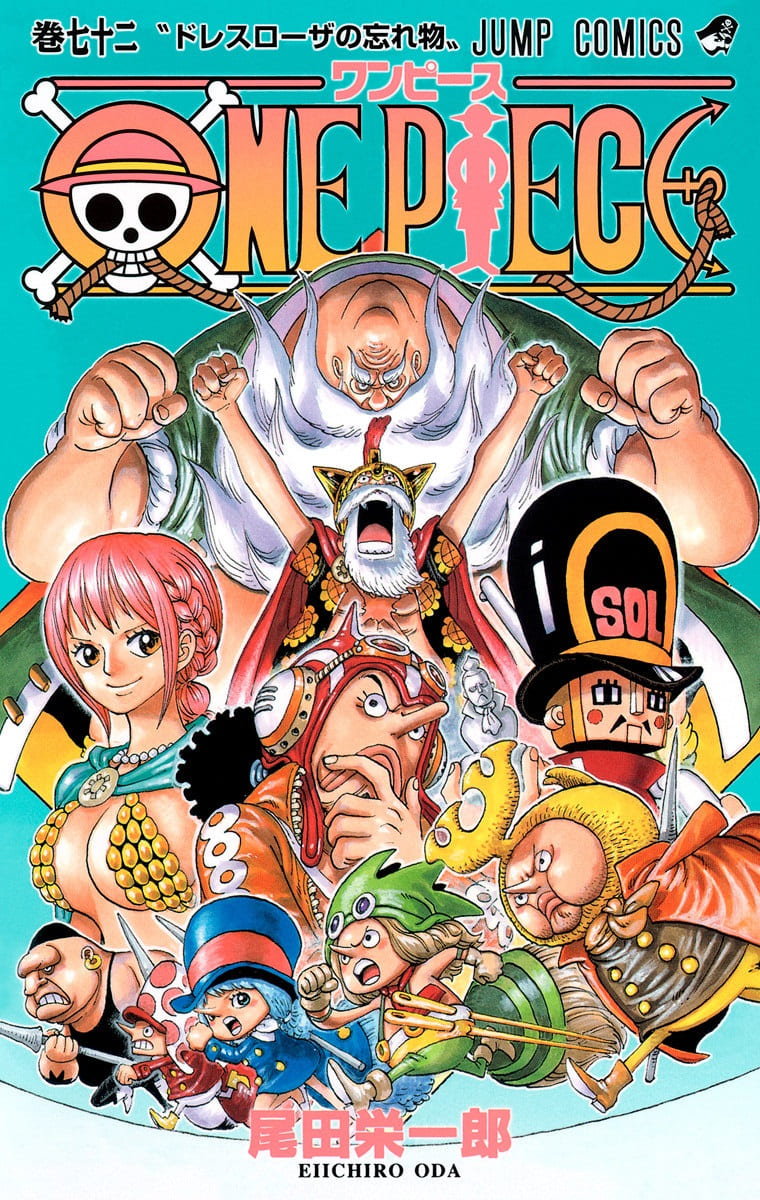 | 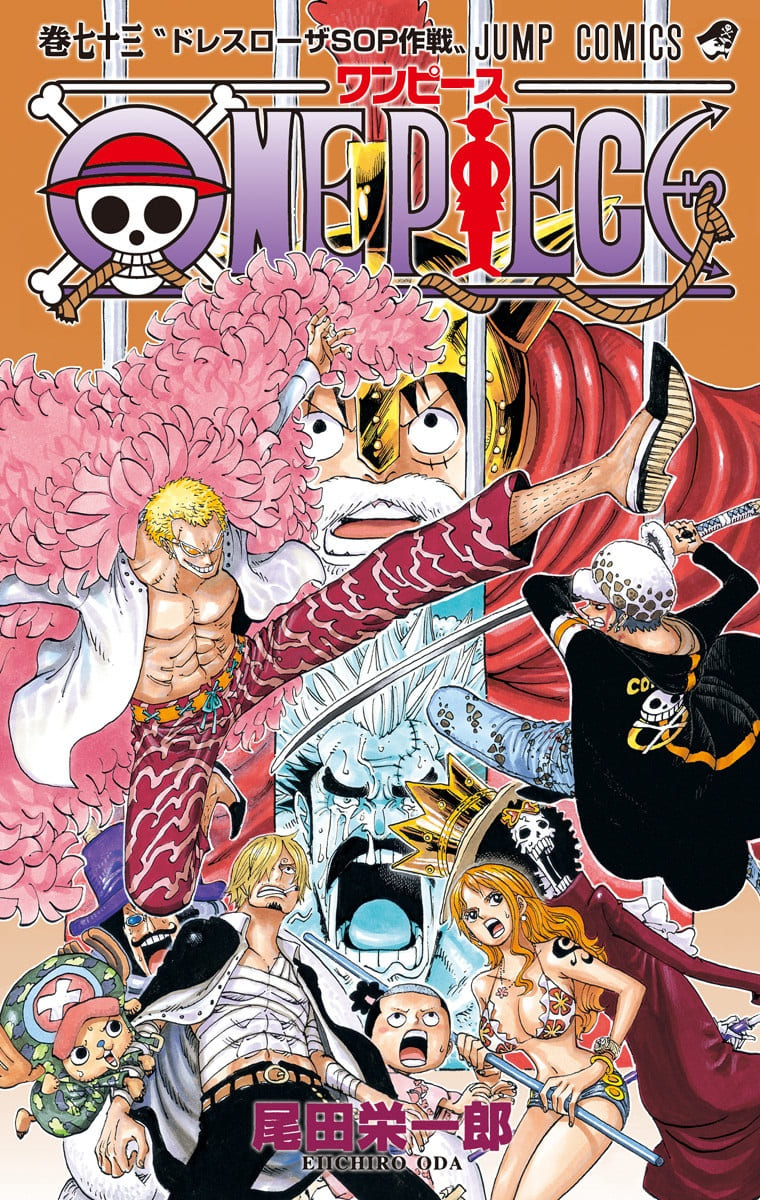 | 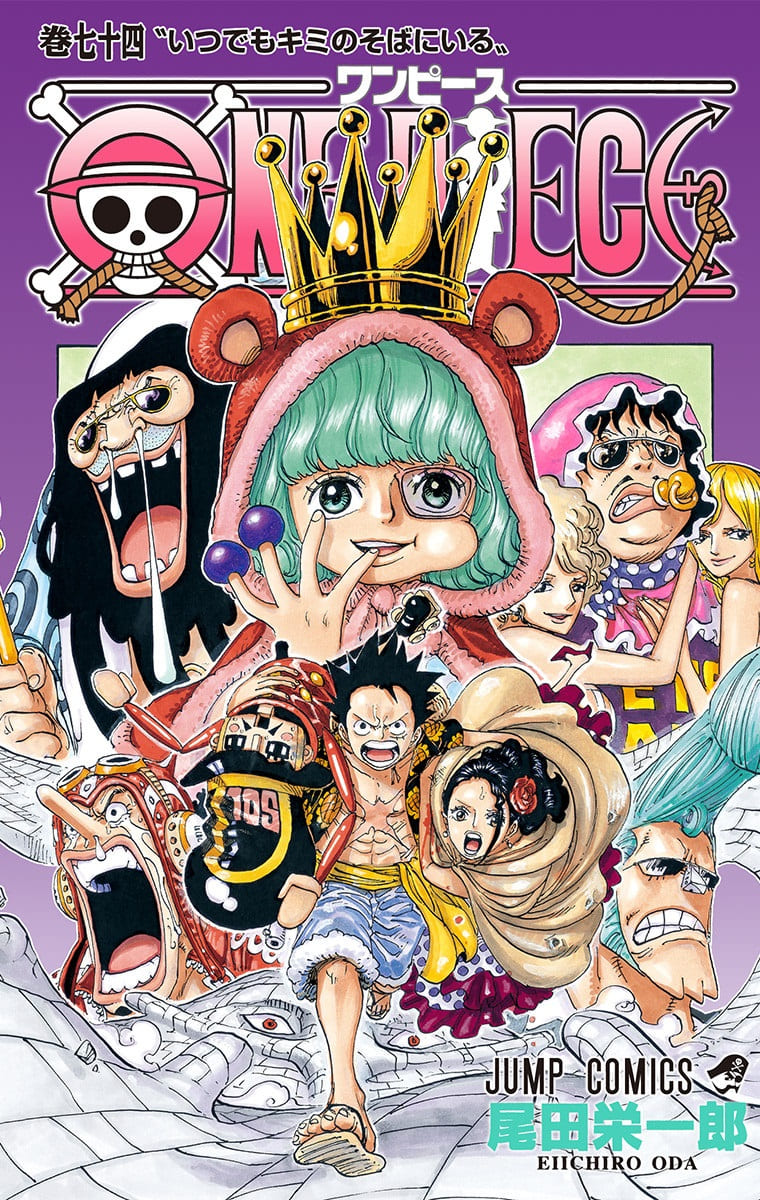 | 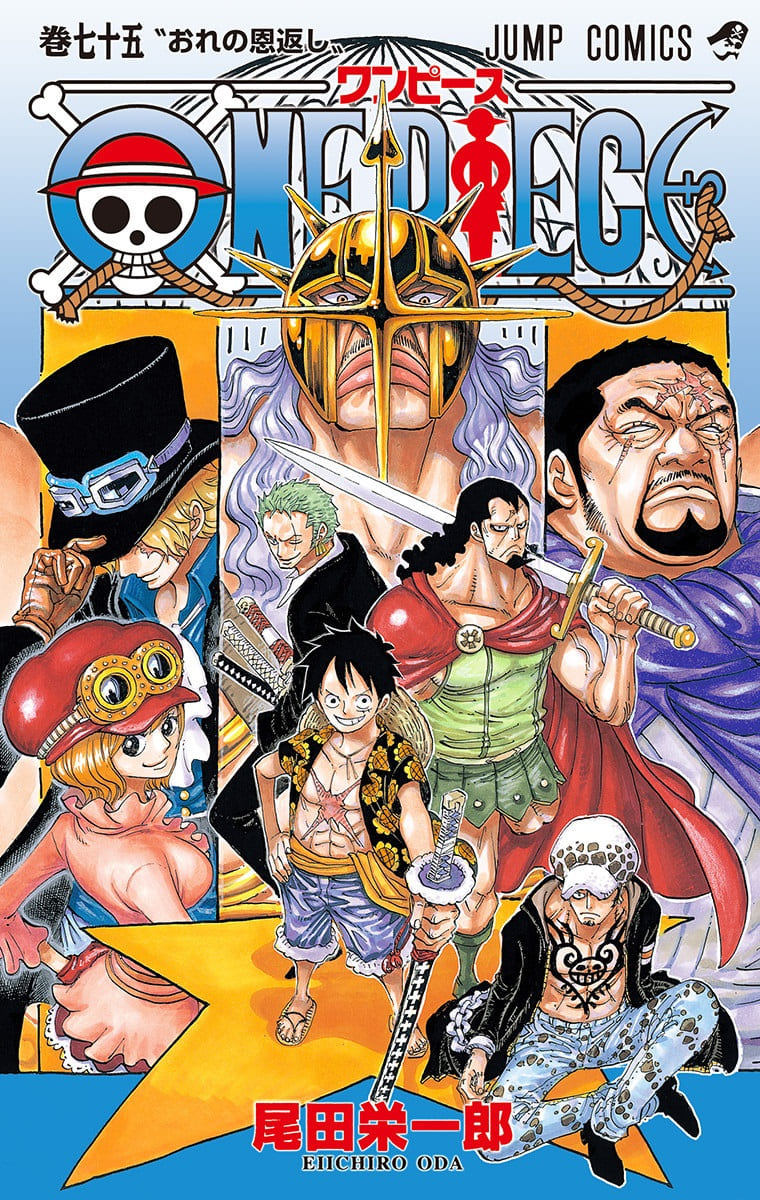 |
 | 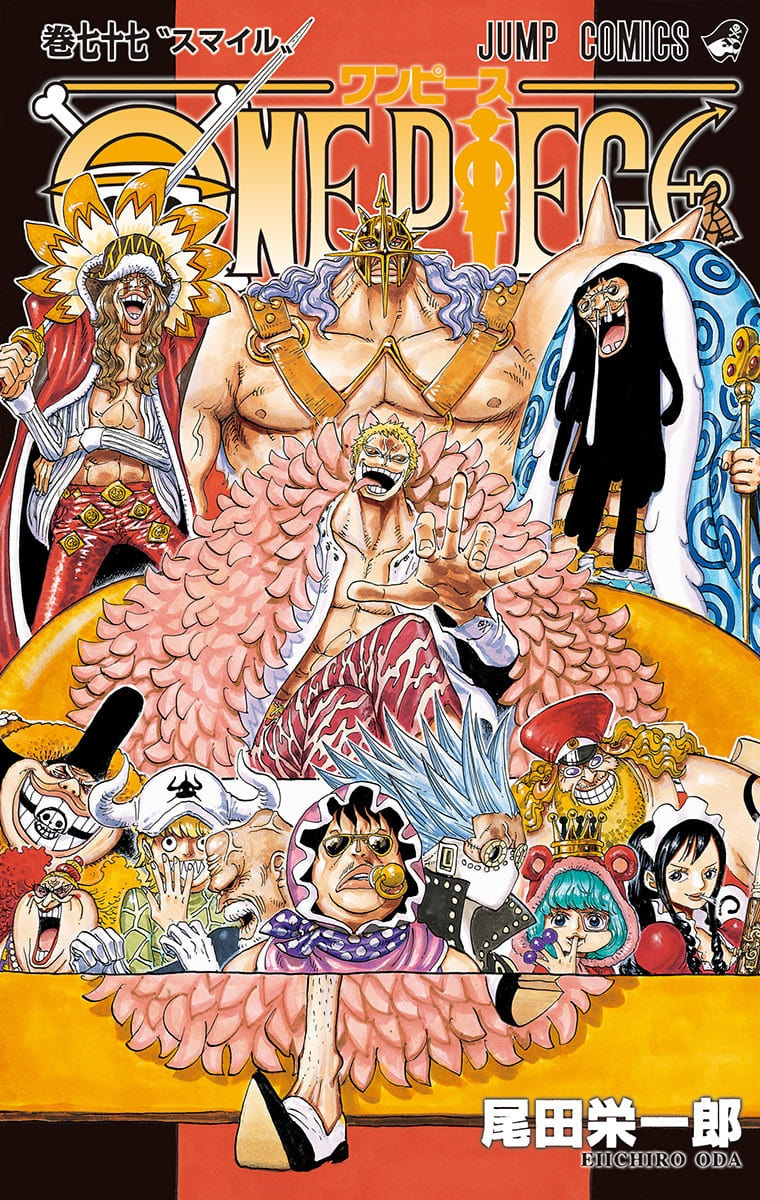 | 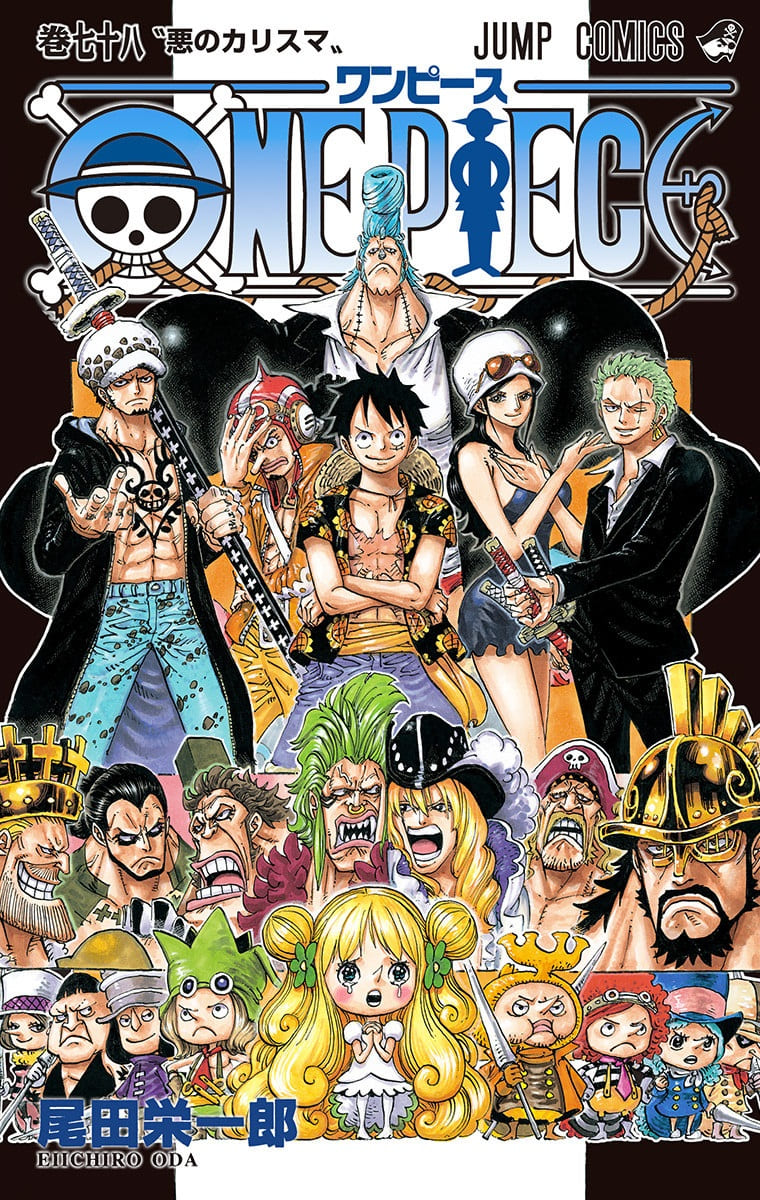 |  | 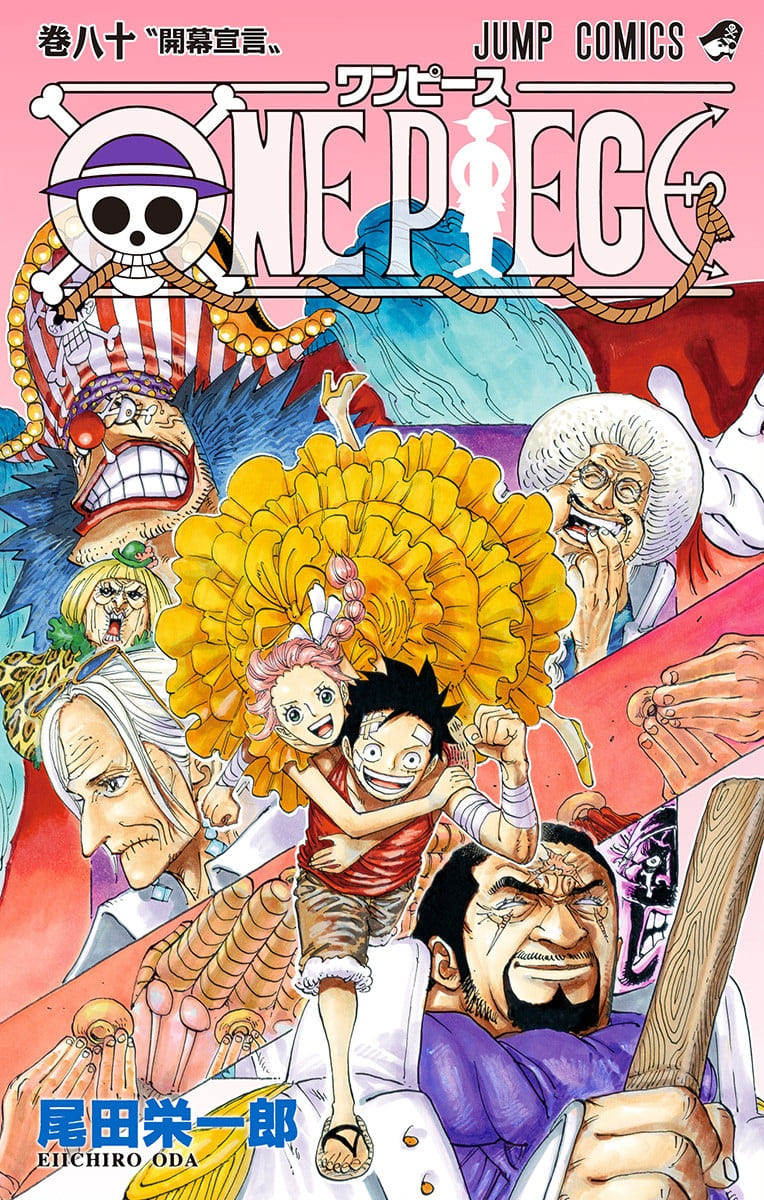 |
 | 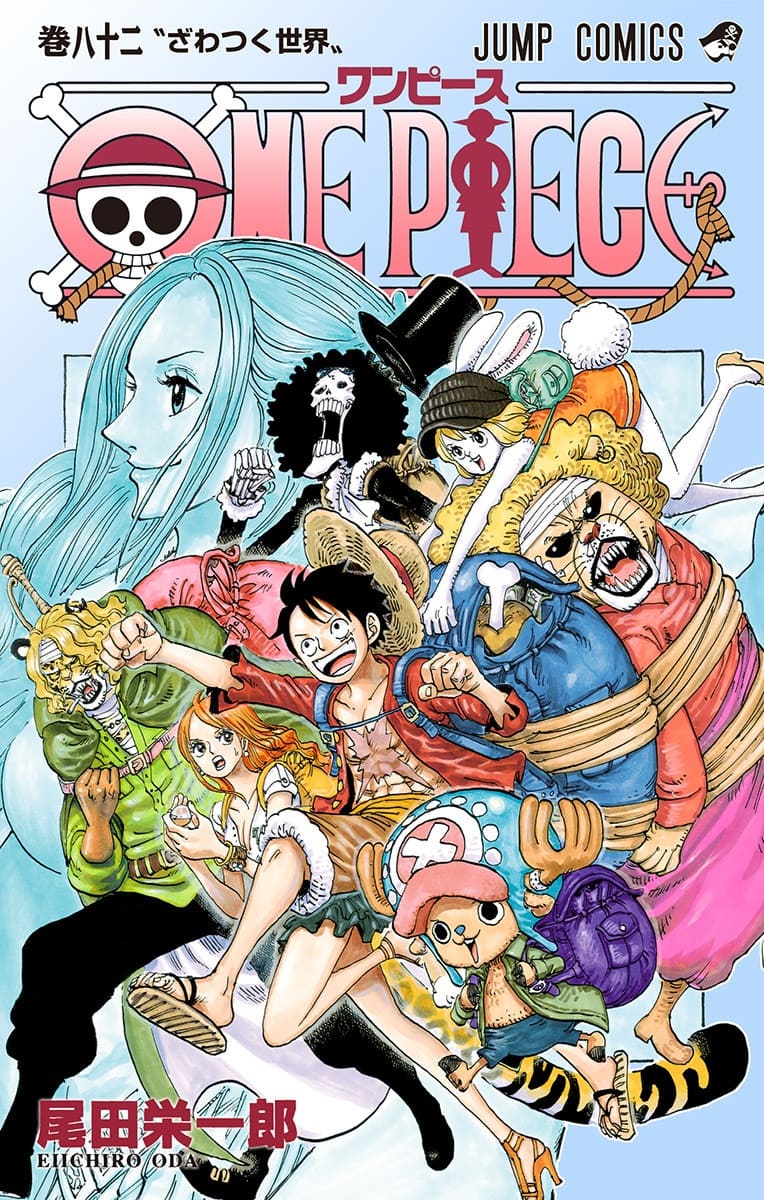 | 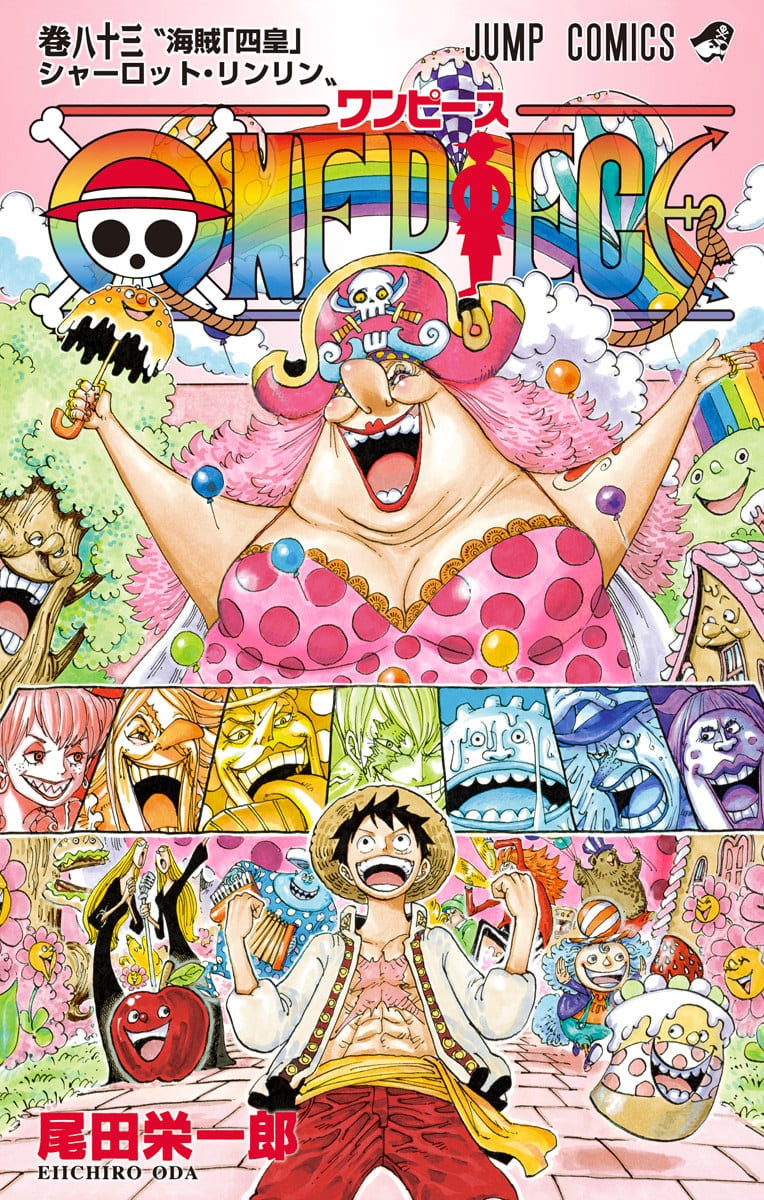 | 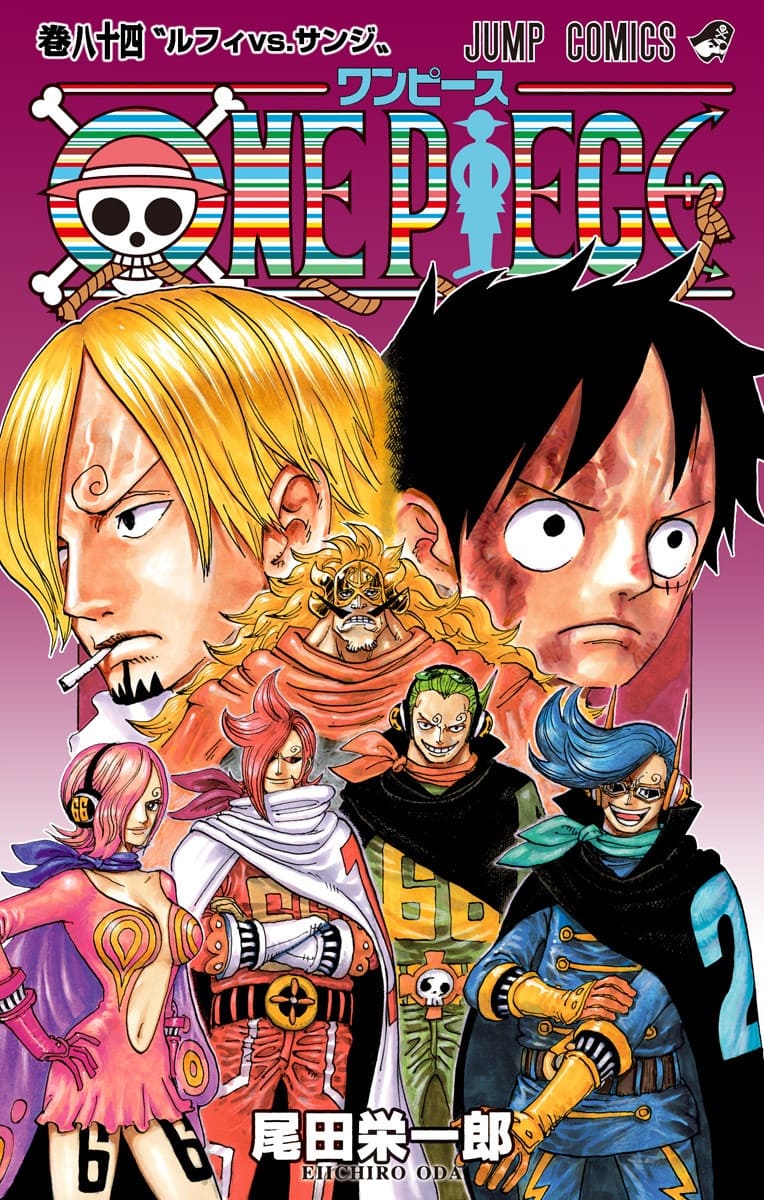 |  |
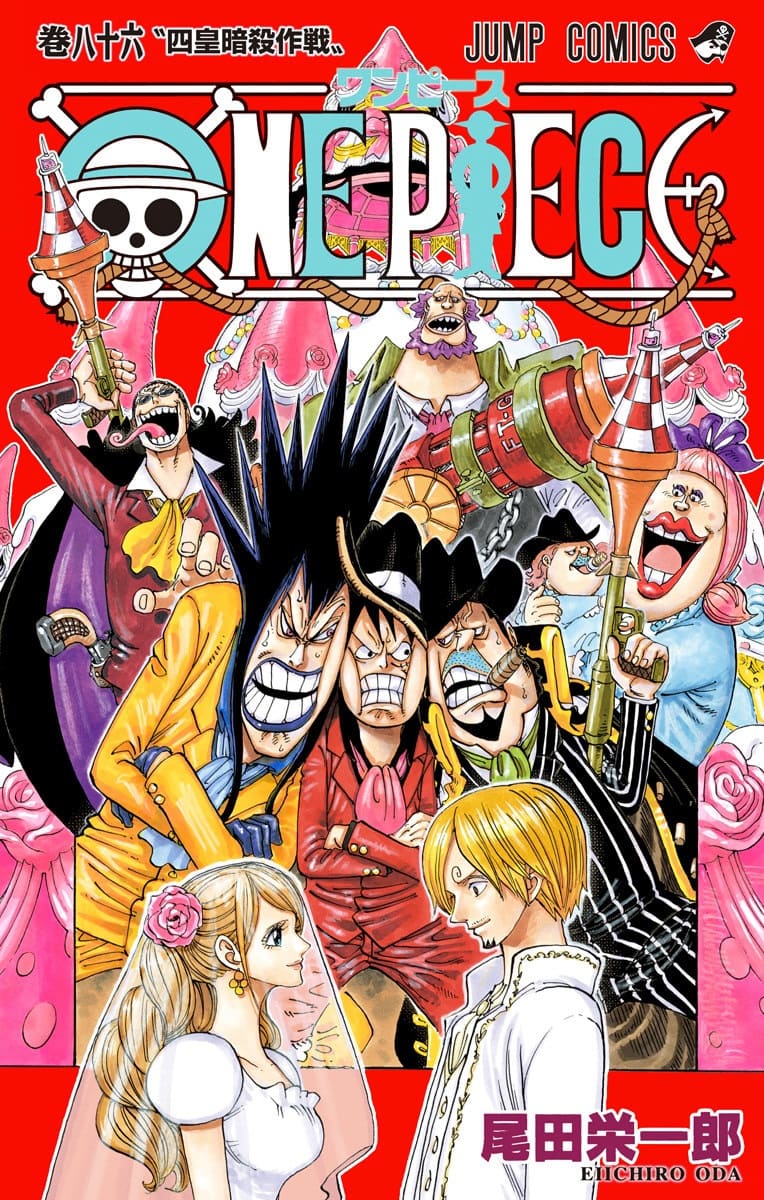 |  | 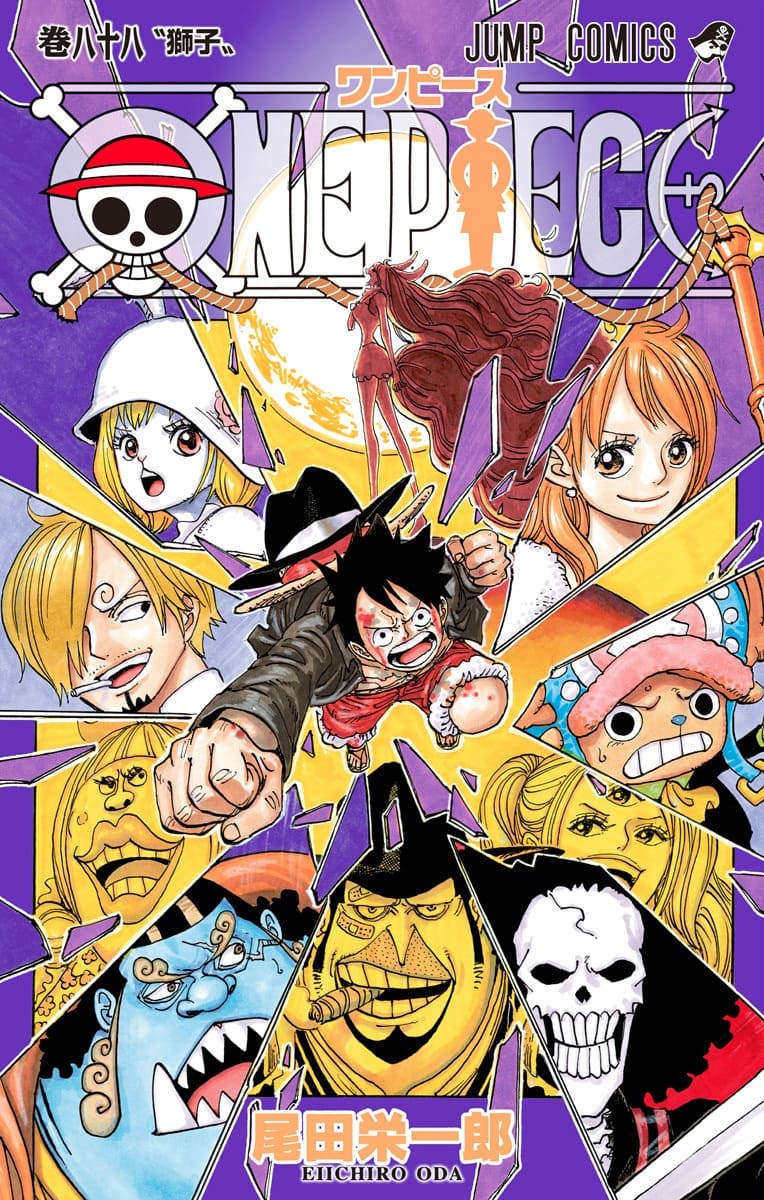 | 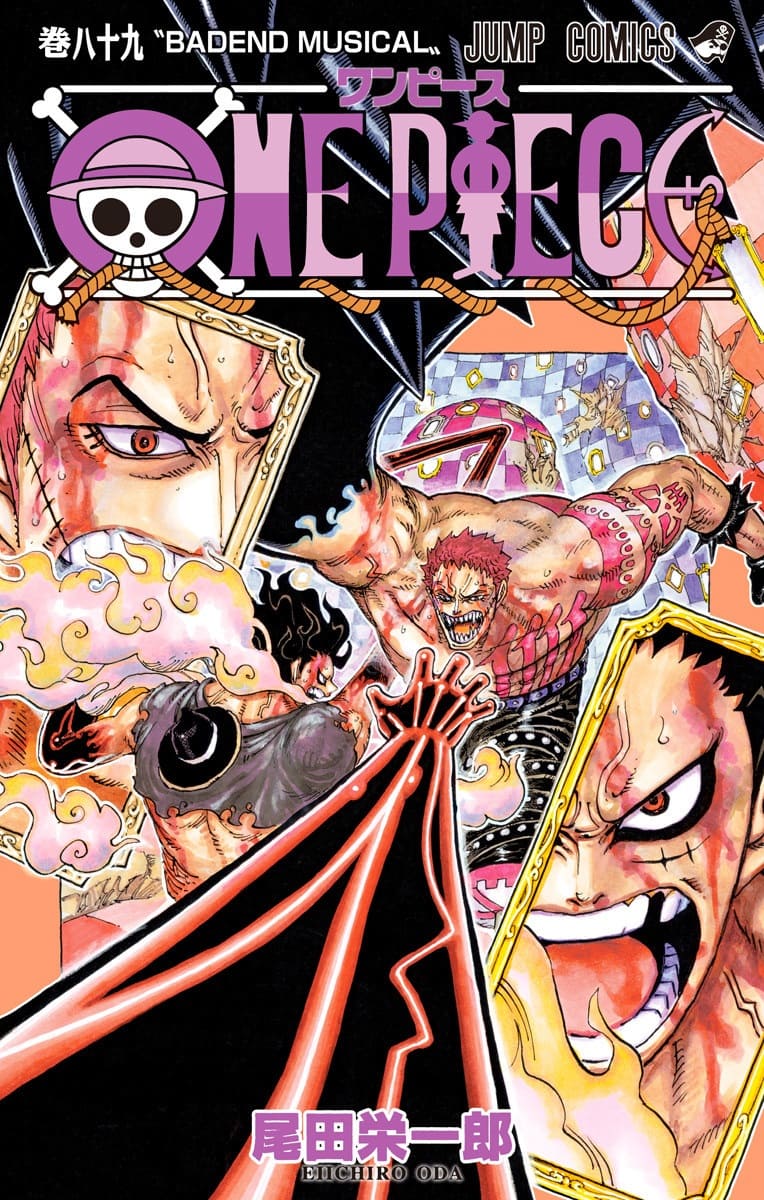 |  |
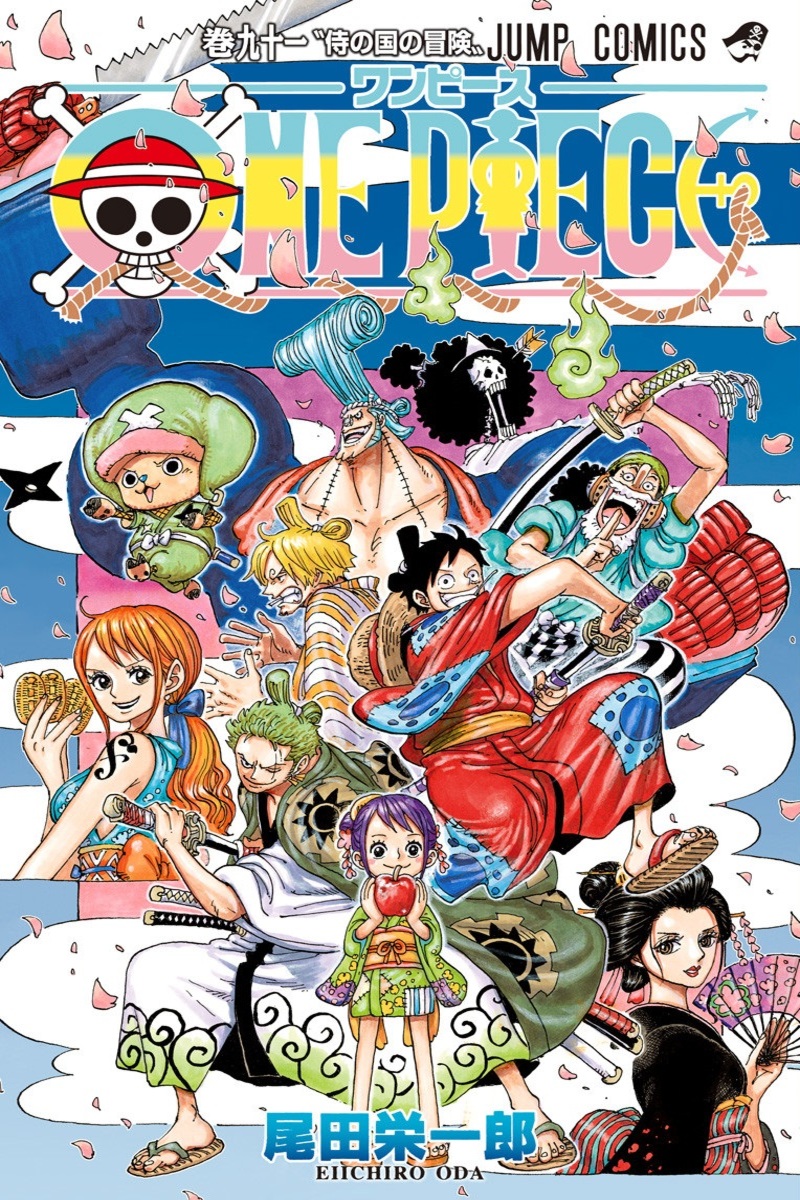 |  |  | 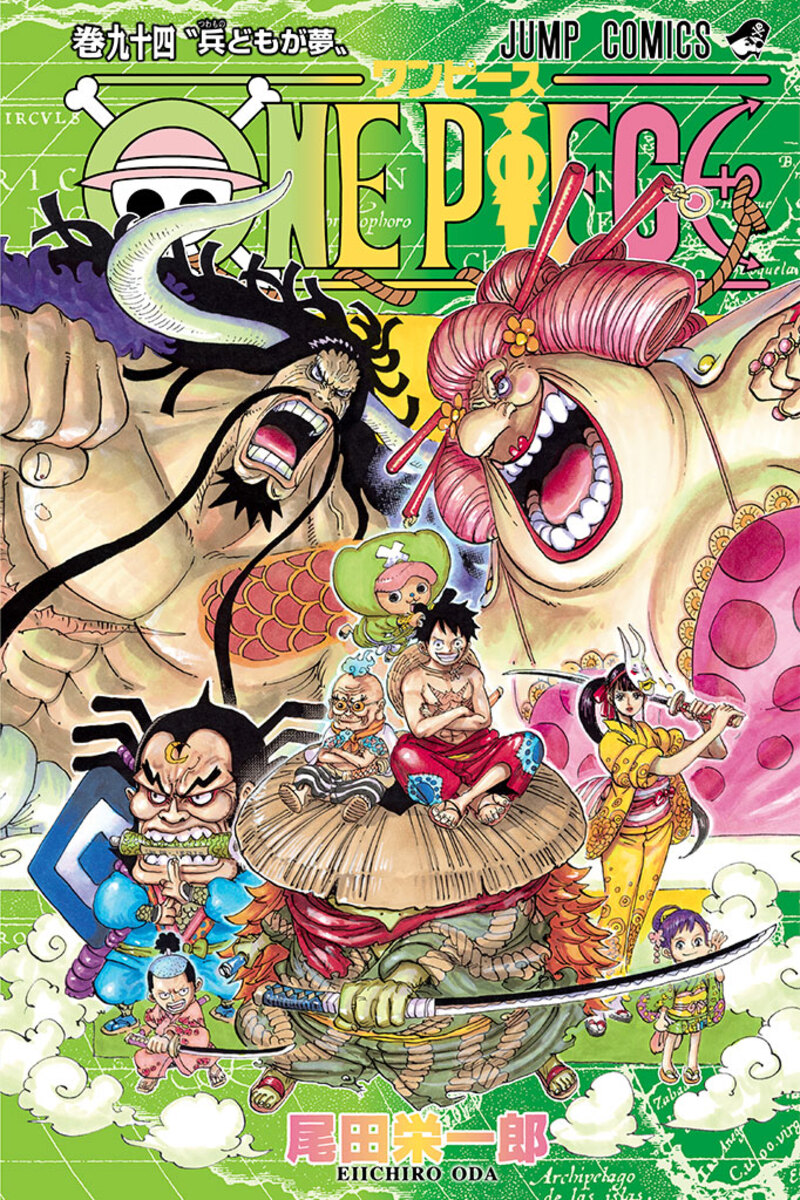 | 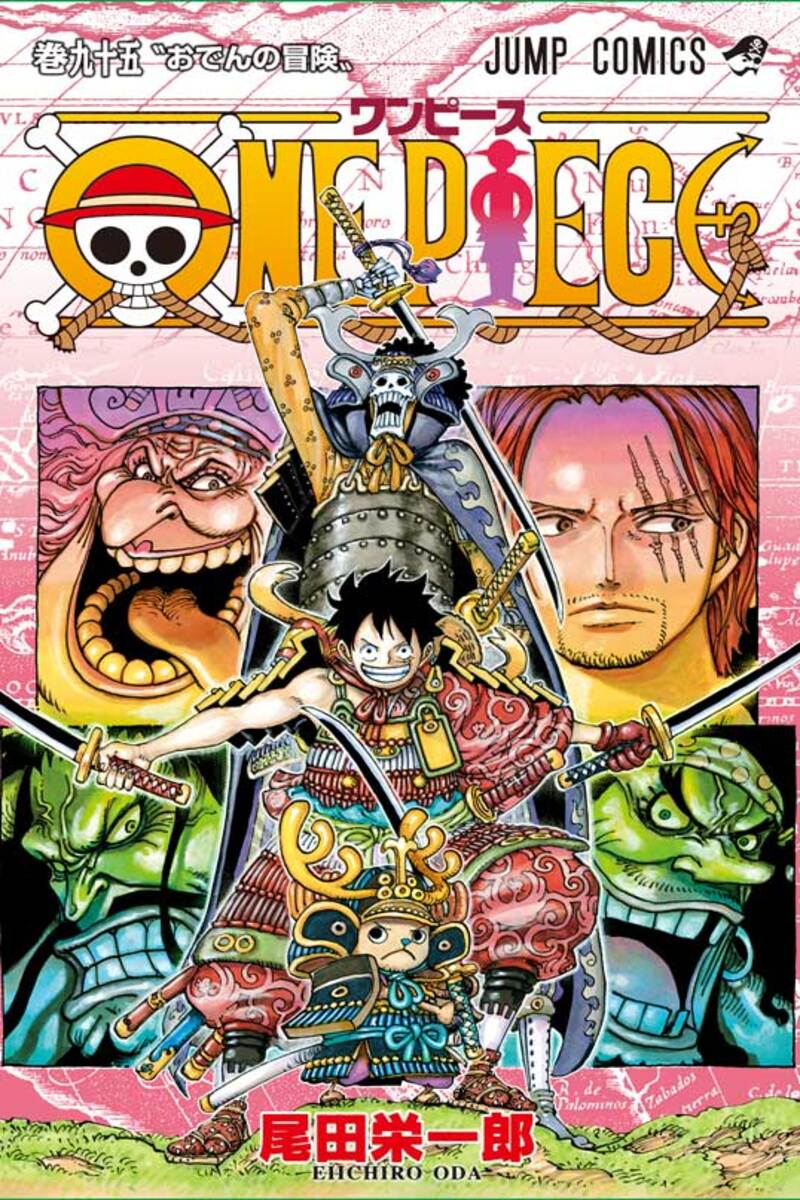 |